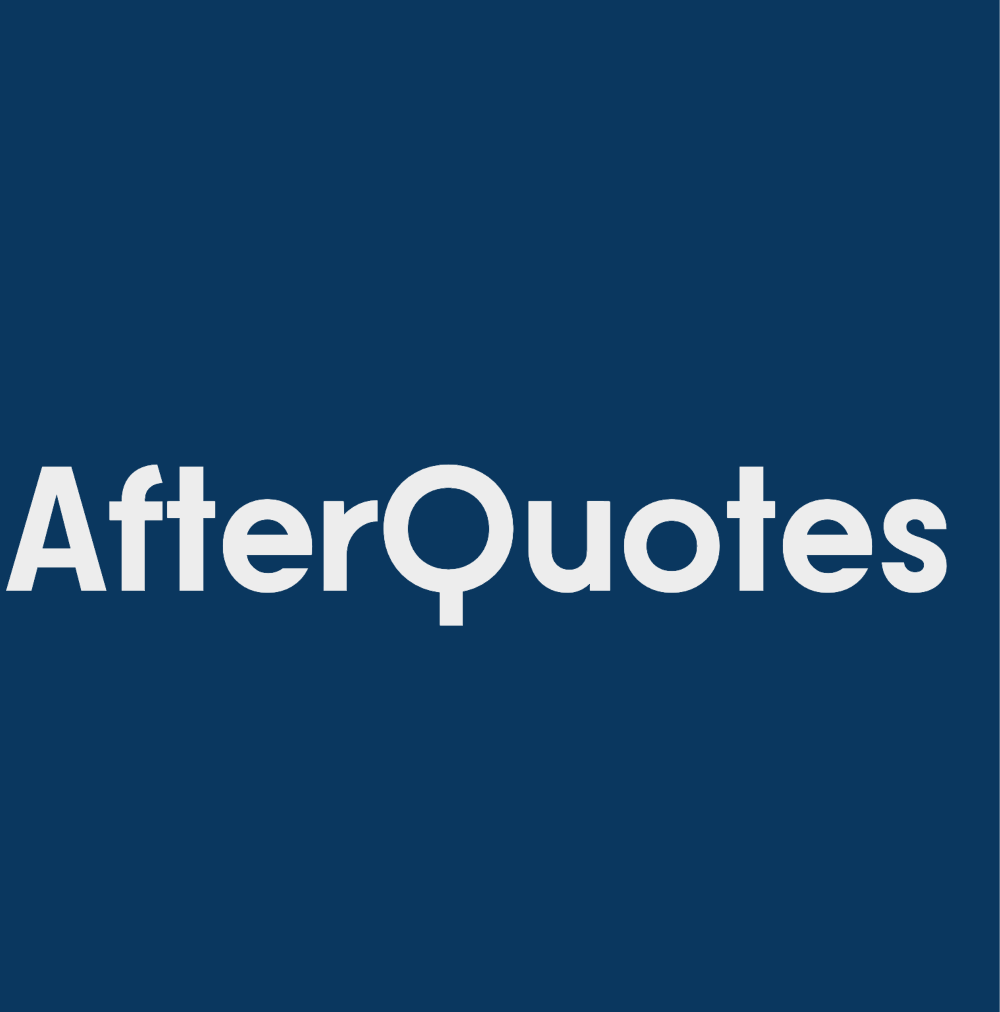Movies Quotations
11 Tips for Crafting Iconic Villain Monologues
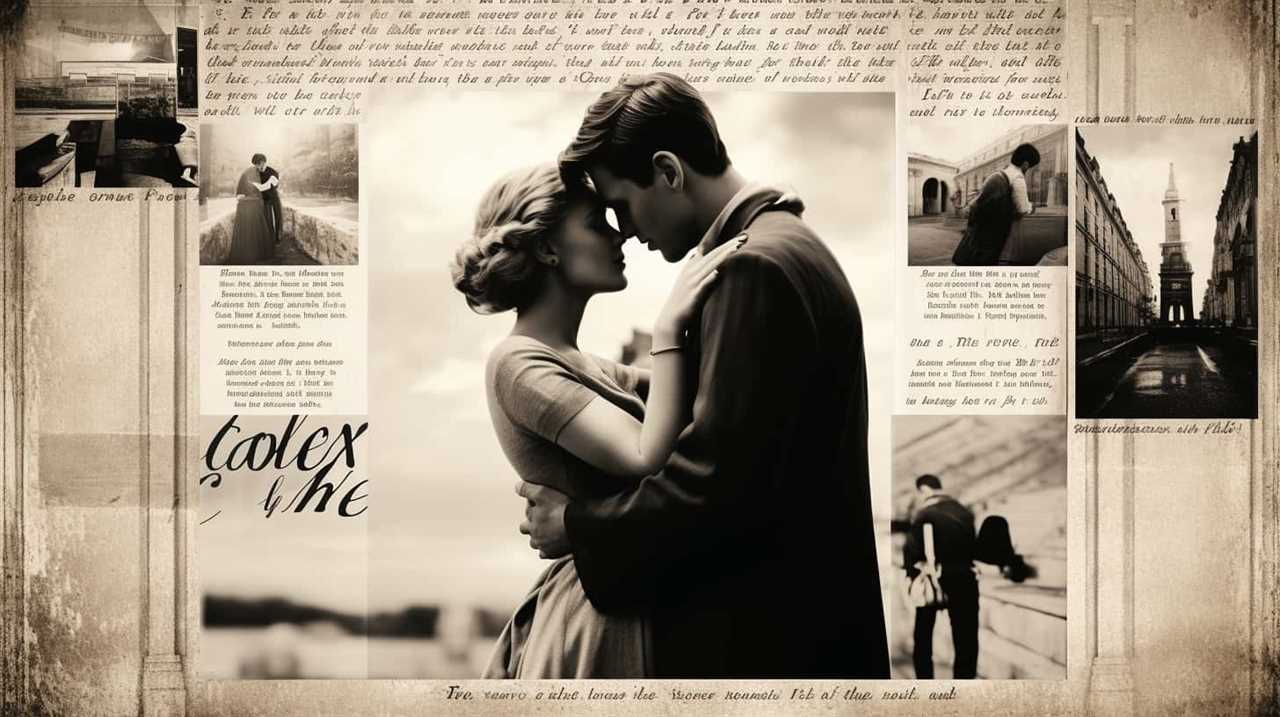
Have you ever considered what makes a villain’s monologue truly legendary? We suggest that crafting a compelling and powerful monologue for a villain is an art form that holds the potential for greatness.
Yes, it’s true! By harnessing the power of words, we can create monologues that captivate and inspire, leaving a lasting impression on both the audience and the story itself.
In this guide, we will share 11 tips to help you master the art of crafting iconic villain monologues. From developing a distinctive voice to incorporating psychological manipulation, each tip will empower you to create monologues that will strike fear, awe, and admiration in the hearts of your audience.
So, let’s dive in and unleash the power of the villainous monologue!
Key Takeaways
- The power of intimidation is crucial in crafting an iconic villain persona, as it helps to establish the villain as a formidable and fearsome character.
- Developing a memorable opening line for the villain’s monologue can set the tone and captivate the audience from the start, making the scene more impactful.
- Creating a distinctive voice for the villain, including unique vocal mannerisms and memorable catchphrases, can make the character more memorable and recognizable.
- Incorporating psychological manipulation, dramatic pause, and timing in villain monologues can enhance the tension, suspense, and impact of the scene, making it more compelling for the audience.
The Power of Intimidation
Our ability to instill fear and assert dominance is key to our effectiveness as iconic villains. Body language and posture play a crucial role in projecting an intimidating presence. A villain with a hunched back and shifty eyes may appear weak and unreliable, while one with a straight posture and a piercing gaze exudes power and control.
Utilizing props effectively can also enhance our intimidation factor. A villain brandishing a menacing weapon or wearing a sinister mask sends a clear message to our adversaries: we mean business. These props not only serve as visual cues, but also provide a physical reminder of our authority and ruthlessness.
Crafting a Memorable Opening Line
To make a powerful impact from the start, we villains must craft a memorable opening line that immediately grabs the attention of our audience. It’s the gateway to developing a captivating persona and setting the tone for the impending chaos that will ensue.
The key to crafting a chilling delivery lies in the art of suspense and surprise. We must seize the moment, capturing their curiosity with a line that drips with malevolence and intrigue. A carefully chosen combination of words that sends shivers down their spines and plants the seed of fear in their hearts.![]()
It’s in this moment that we hold their undivided attention, allowing us to manipulate their emotions and control the narrative.
Developing a Distinctive Voice
When it comes to crafting a truly iconic villain, developing a distinctive voice is paramount. It’s the voice that sets the villain apart from the rest, leaving a lasting impression on audiences. To achieve this, one must focus on unique vocal mannerisms, such as a gravelly tone or a sinister whisper, that instantly grab attention.
Additionally, the use of memorable catchphrases can further solidify the villain’s presence in the minds of viewers. Finally, expressing sinister intentions through carefully chosen words and delivery can create a sense of unease and anticipation.
Developing a distinctive voice is the key to creating a villain that will be remembered long after the story ends.

Unique Vocal Mannerisms
Developing a distinctive voice for a villain involves incorporating unique vocal mannerisms that captivate the audience’s attention and create a memorable character. When crafting a villain’s vocal mannerisms, it’s important to consider their unique physical characteristics, as well as their vocal tone and pitch. Here are five ideas to help you create a villain with a truly unforgettable voice:
- Speech pattern: Develop a distinct speech pattern, such as elongating certain words or adding pauses for dramatic effect.
- Accent or dialect: Give your villain a distinct accent or dialect that sets them apart from other characters.
- Cadence and rhythm: Experiment with the pacing and rhythm of their speech to create a hypnotic and captivating effect.
- Vocal quirks: Incorporate unique vocal quirks, like a raspy voice, a sinister whisper, or a chilling laugh, to make your villain’s voice instantly recognizable.
- Vocal inflections: Use intentional changes in pitch, volume, and emphasis to convey different emotions and add depth to your villain’s voice.
By incorporating these unique vocal mannerisms into your villain’s dialogue, you can create a truly memorable and captivating character.
Now, let’s explore how to pair these distinctive voices with unforgettable catchphrases.
Memorable Catchphrases
Crafting villain monologues requires the creation of memorable catchphrases that complement the distinctive voice of the character. Catchphrase creativity is essential in developing a villain’s iconic status. By crafting a catchphrase that’s unique to the character, it not only adds depth to their persona but also enhances their intimidation factor.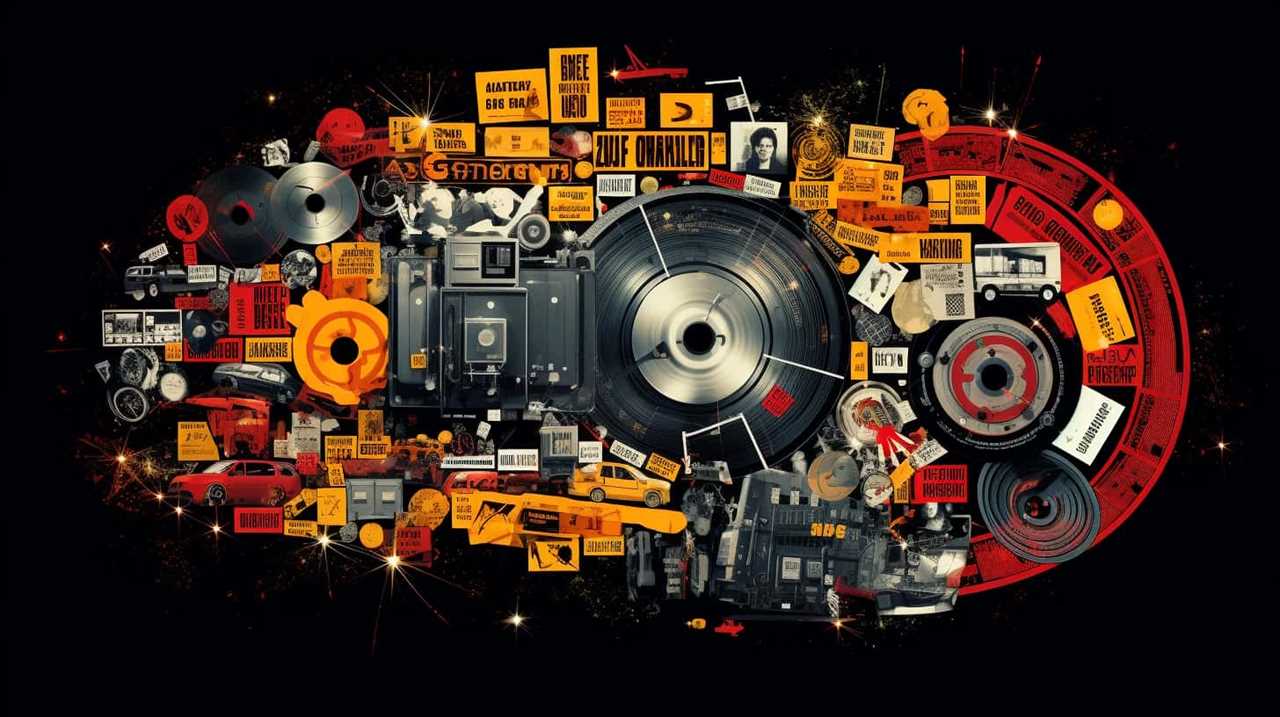
A memorable catchphrase can become synonymous with the villain, making it instantly recognizable to audiences. The impact of repetition can’t be underestimated either. Repeating a catchphrase throughout a monologue not only reinforces the villain’s message but also leaves a lasting impression on the audience. It becomes ingrained in their minds, cementing the villain’s presence in popular culture.
Expressing Sinister Intentions
To express sinister intentions and develop a distinctive voice for our villains, it’s crucial that we delve into the depths of their malevolence. In order to truly captivate our audience with the chilling delivery of our villainous monologues, we must employ manipulative tactics that leave them trembling in fear. Here are five key strategies to accomplish this:
- Masterful Pacing: Manipulate the rhythm and tempo of your speech to keep your listeners on the edge of their seats.
- Intricate Wordplay: Use clever word choices and metaphors to convey your sinister intentions in a way that’s both captivating and thought-provoking.
- Powerful Gestures: Enhance your words with calculated gestures that emphasize your villain’s dominance and control.
- Haunting Eye Contact: Lock eyes with your audience, drawing them into your malevolent world and making them feel like they’re under your spell.
- Silence as Weapon: Embrace the power of silence, strategically pausing to let your words sink in and create an eerie atmosphere.
Creating a Compelling Backstory
Let’s explore the power of a compelling backstory in shaping an iconic villain.
Childhood trauma has the potential to deeply influence a character’s development, fueling their motivation and shaping their actions.
Childhood Trauma’s Influence
How does childhood trauma shape the creation of a compelling backstory for iconic villains?
Childhood trauma has profound and lasting effects on individuals, shaping their beliefs, behaviors, and motivations. When crafting a compelling backstory for iconic villains, exploring the impact of childhood trauma can provide valuable insights into their character development.
Here are some key ways in which childhood trauma influences the creation of a villain’s backstory:
- Long term effects: Childhood trauma can leave deep scars that continue to affect villains throughout their lives, fueling their actions and motivations.
- Coping mechanisms: Villains may develop unhealthy coping mechanisms as a result of their traumatic experiences, leading them down a dark path of revenge, power, or control.
- Emotional triggers: Triggers from their childhood trauma can elicit intense emotional responses in villains, driving them to commit heinous acts as a way to regain a sense of control or release their inner pain.
- Distorted beliefs: Trauma can distort villains’ perceptions of the world, causing them to adopt twisted ideologies or seek validation through destructive means.
- Loss of empathy: Childhood trauma can erode villains’ capacity for empathy, making them more willing to inflict pain and suffering on others.
Understanding the lasting impact of childhood trauma on villains can provide insight into their motivations and help create a more compelling and nuanced backstory. Transitioning into the subsequent section about ‘motivation and past,’ it’s essential to delve deeper into how these childhood experiences shape the driving force behind a villain’s actions.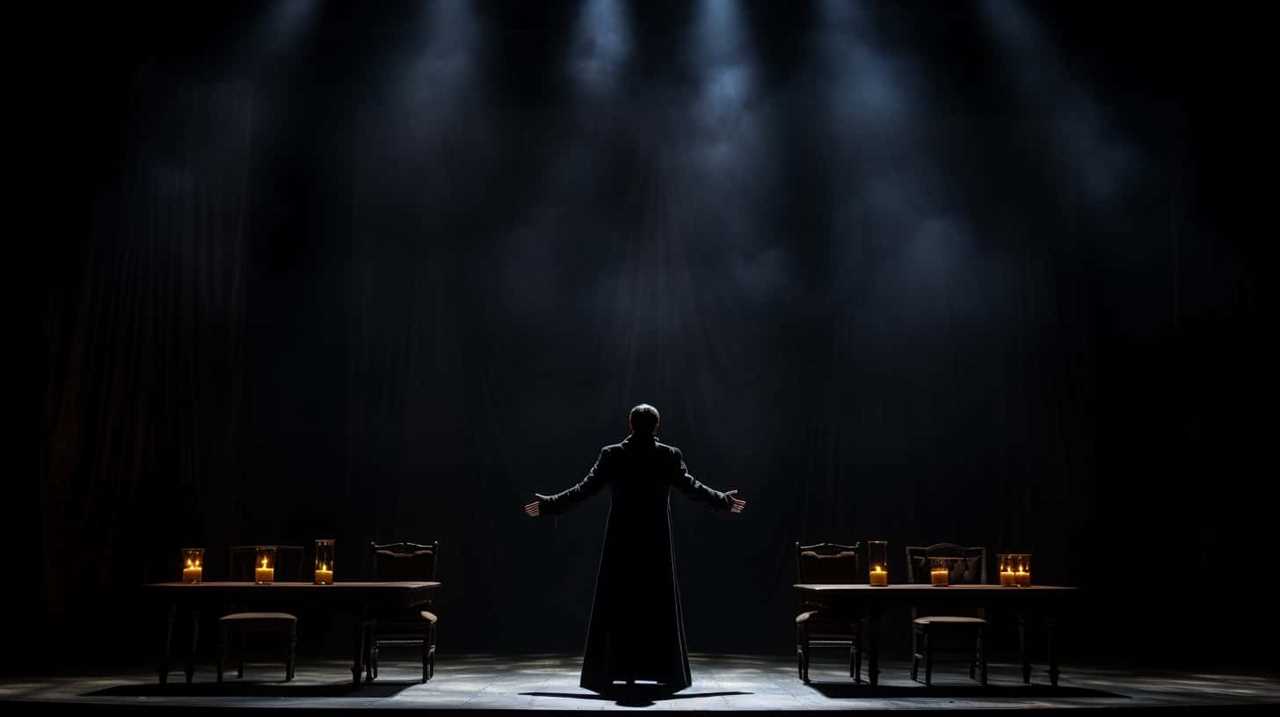
Motivation and Past?
Building upon the profound impact of childhood trauma, exploring the motivation and past of iconic villains provides a deeper understanding of their character development. The past influences and experiences that shaped them become the driving force behind their actions and decisions. By delving into their backstory, we uncover the roots of their darkness, the pivotal moments that pushed them towards villainy.
Understanding a villain’s motivation humanizes them, making them more relatable and multidimensional. It allows us to see that they aren’t just evil for the sake of being evil, but rather, they’re products of their circumstances. Their past influences their present choices, and by exploring this connection, we gain insight into their twisted logic and warped sense of justice.
By delving into their backstory, we can also identify the factors that led them down the path of villainy. Whether it was a traumatic event, a series of betrayals, or a longing for power, their past experiences become the driving force behind their sinister actions.
As we unravel their past and motivations, we set the stage for the next phase of crafting an iconic villain monologue: incorporating psychological manipulation.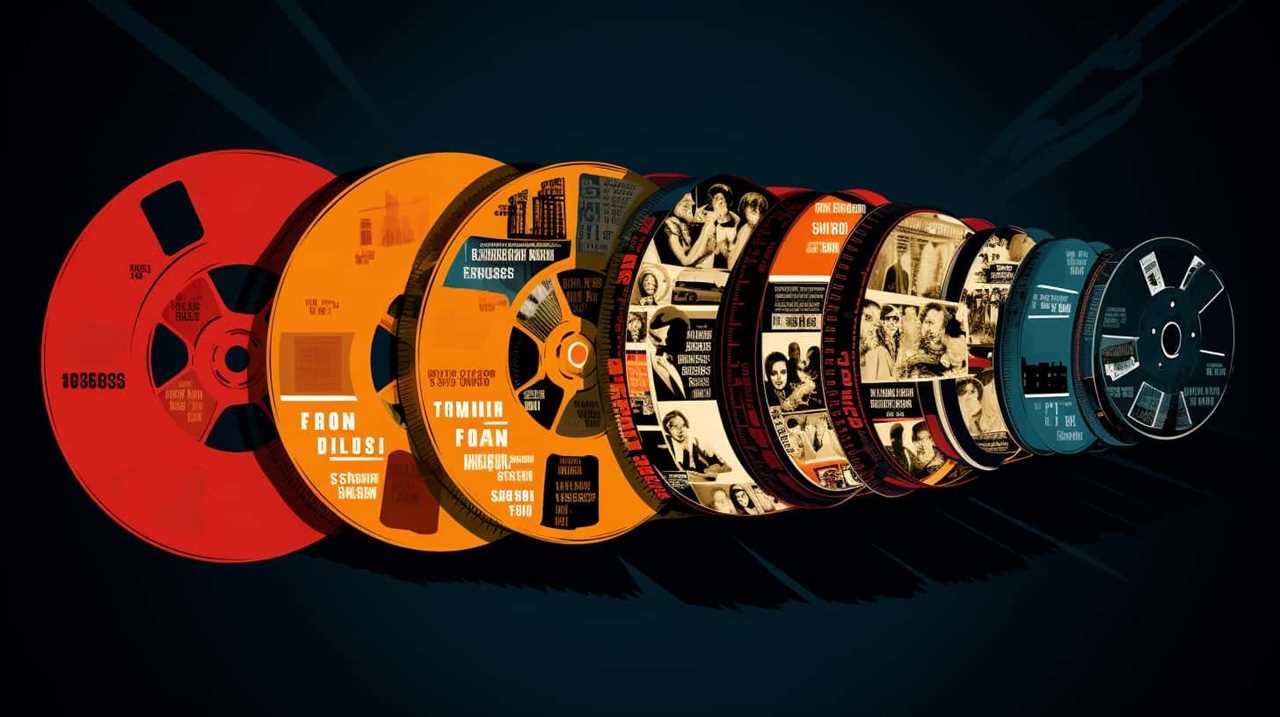
Incorporating Psychological Manipulation
We employ psychological manipulation to assert dominance and control over our targets, ensuring the success of our villainous schemes. To master the art of psychological manipulation, we must employ various manipulative tactics and psychological manipulation techniques. Here are five essential techniques to incorporate into our villainous monologues:
- Gaslighting: Distorting our victim’s perception of reality by making them doubt their own sanity.
- Emotional blackmail: Exploiting our victim’s emotions and vulnerabilities to coerce them into submission.
- Isolation: Cutting off our victim from their support systems, leaving them vulnerable and dependent on us.
- Manipulative language: Using persuasive and manipulative language to influence our victim’s thoughts and actions.
- Mind games: Playing with our victim’s emotions and manipulating their beliefs and perceptions.
Utilizing Dramatic Pause and Timing
To enhance the impact of our villainous monologues, incorporating strategic pauses and precise timing is crucial. The importance of body language can’t be overstated. A well-timed pause can create suspense and anticipation, leaving the audience hanging on every word. It allows the villain to hold their power and control the room.
As the silence stretches, the tension builds, and the audience becomes captivated by the villain’s every move. Furthermore, using vocal inflection effectively adds depth and emotion to the monologue. A sudden shift in tone or volume can convey anger, sadness, or even a sinister delight. It keeps the audience engaged and on the edge of their seats, eagerly awaiting what the villain will say next.
Mastering the art of dramatic pause and timing is the key to creating a truly memorable and impactful villainous monologue.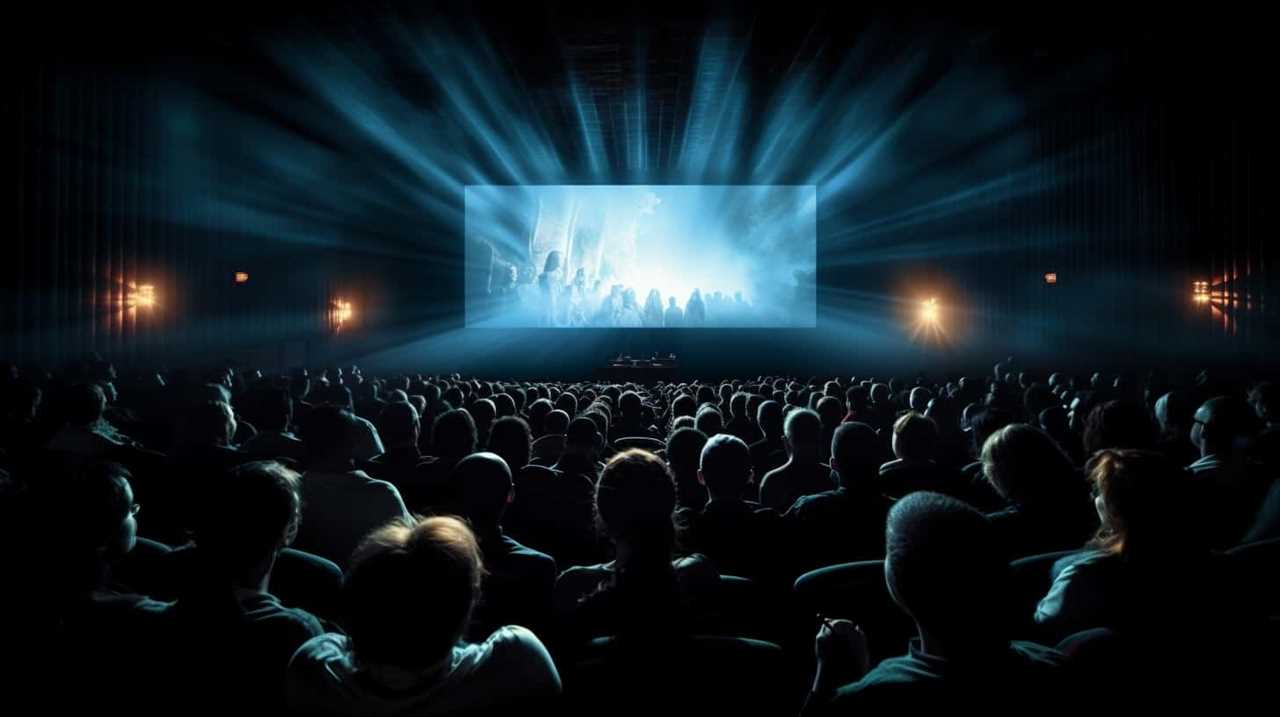
Balancing Emotion and Rationality
In striking a balance between emotion and rationality, our aim is to create a multifaceted villain whose actions are driven by a complex interplay of feelings and logical reasoning. When crafting the villain’s monologue, it’s crucial to incorporate both the manipulative tactics they employ and their emotional vulnerability.
Here are five key points to consider:
- Manipulative Tactics: The villain should possess cunning and the ability to manipulate others to further their goals.
- Emotional Vulnerability: Show moments when the villain’s emotions are exposed, revealing their human side and making them more relatable.
- Inner Conflict: Highlight the internal struggle between their emotional desires and the rational choices they make.
- Motivation: Explore the underlying reasons behind their actions, delving into their past experiences and traumas.
- Character Development: Allow the audience to witness the gradual evolution of the villain’s emotional and rational aspects, adding depth and complexity.
Building Tension and Suspense
As we delve into the art of crafting iconic villain monologues, it’s crucial to understand the importance of building tension and suspense.
To achieve this, foreshadowing and ambiguity play a pivotal role. By dropping subtle hints and leaving room for interpretation, we keep the audience on the edge of their seats, eagerly anticipating what comes next.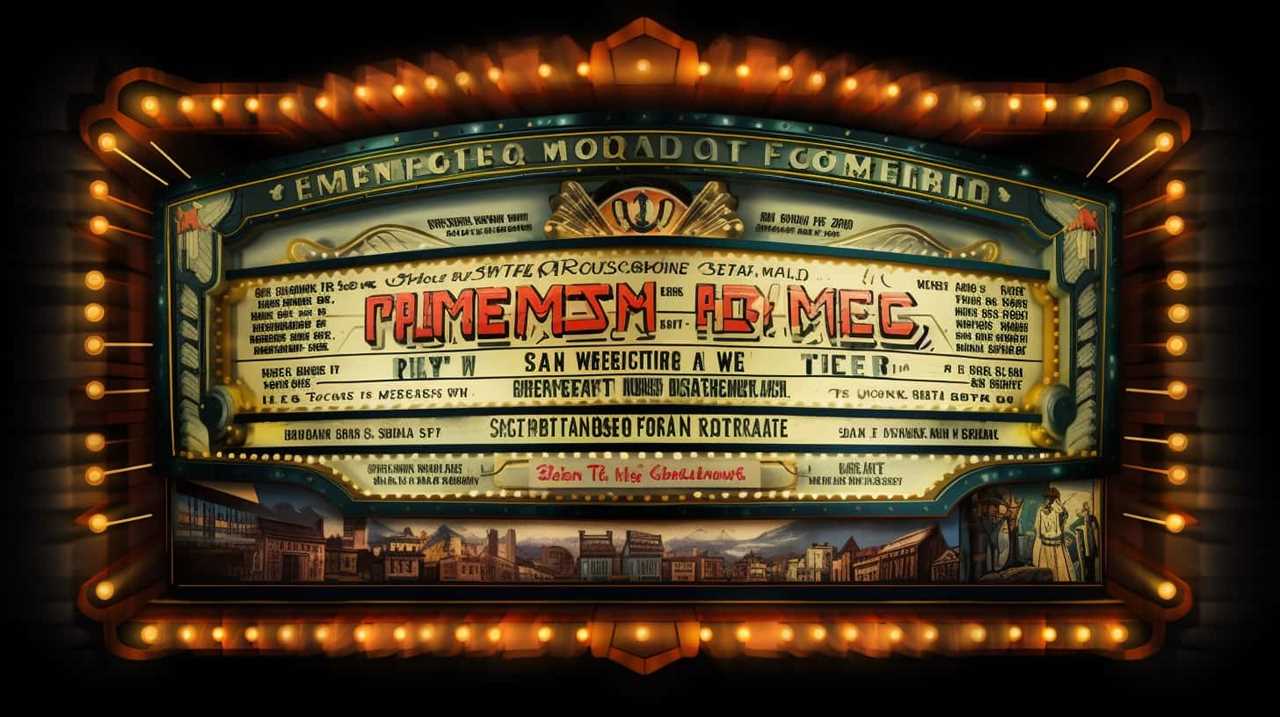
Additionally, psychological mind games can heighten the tension, as the villain manipulates the hero’s emotions and challenges their sanity.
Foreshadowing and Ambiguity
Our best approach to building tension and suspense in villain monologues is through the use of carefully placed foreshadowing and ambiguity. By employing the art of subtlety and suggestion, we can keep the audience on the edge of their seats, eagerly awaiting the unfolding of events.
Here are some key techniques to achieve this:
- Foreshadowing: Drop hints and clues throughout the monologue that subtly allude to future events, creating anticipation and intrigue.
- Misdirection: Lead the audience down one path, only to surprise them with an unexpected twist or revelation, keeping them guessing and engaged.
- Ambiguity: Leave certain details open to interpretation, allowing the audience to form their own theories and adding an air of mystery.
- Symbolism: Incorporate symbolic elements that foreshadow or represent deeper meanings, adding layers of complexity to the monologue.
- Unresolved Questions: Pose unanswered questions that linger in the audience’s minds, leaving them hungry for answers and eager to continue the story.
Psychological Mind Games
We engage the audience’s emotions and heighten suspense by playing intricate psychological mind games in our villain monologues. Manipulative tactics and mind control are our weapons of choice as we toy with the minds of our unsuspecting victims.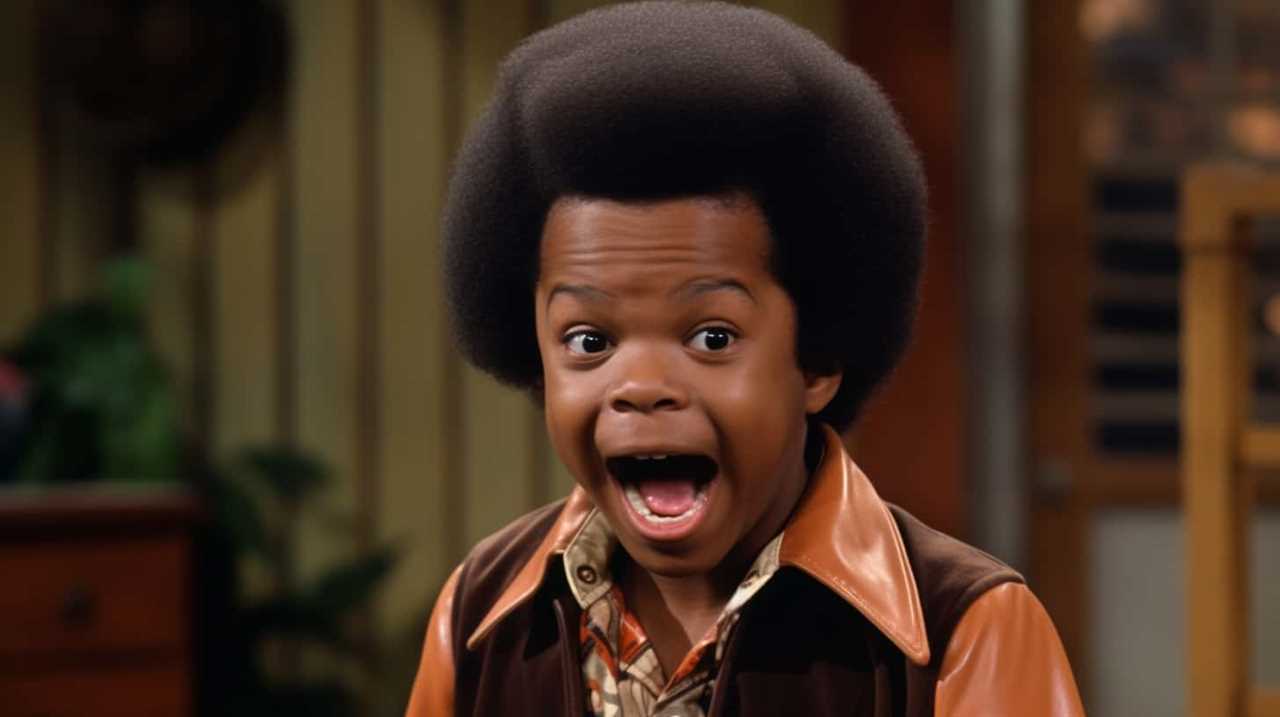
We carefully craft our words, manipulating their thoughts and emotions to suit our sinister agenda. Through subtle suggestions and carefully planted seeds of doubt, we create a sense of unease and uncertainty. We exploit their fears and vulnerabilities, using psychological manipulation to gain control over their thoughts and actions.
The tension builds as they’re trapped in a web of our making, unable to escape our clutches. With each word spoken, we tighten our grip, leaving them questioning their own sanity. It’s in these moments that we truly revel, relishing in our ability to control and destroy.
Strategic Plot Reveals
In our quest to create iconic villain monologues, we strategically unveil plot twists, building tension and suspense. The strategic use of plot reveals is essential in captivating our audience, keeping them on the edge of their seats, and leaving them craving for more. Here are five ways to effectively incorporate plot twists and unexpected revelations into our monologues:
- Foreshadowing: Drop subtle hints and clues throughout the story that hint at an upcoming plot twist, creating a sense of anticipation and intrigue.
- Misdirection: Lead the audience down one path, only to reveal a shocking truth that completely changes the direction of the story.
- Unreliable Narrator: Introduce a character whose perspective may not be entirely trustworthy, allowing for unexpected revelations to emerge.
- Flashbacks: Use flashbacks to provide glimpses into the past, slowly revealing crucial information that alters the audience’s understanding of the present.
- Double-Bluff: Present an expected plot twist, only to later reveal that it was a ruse, leaving the audience stunned by the true revelation.
Using Symbolism and Metaphor
Symbolism and metaphor add depth and complexity to villain monologues, enhancing their impact on the audience. Through the use of symbolic imagery and metaphorical language, villains can convey their intentions and beliefs in a captivating and thought-provoking manner.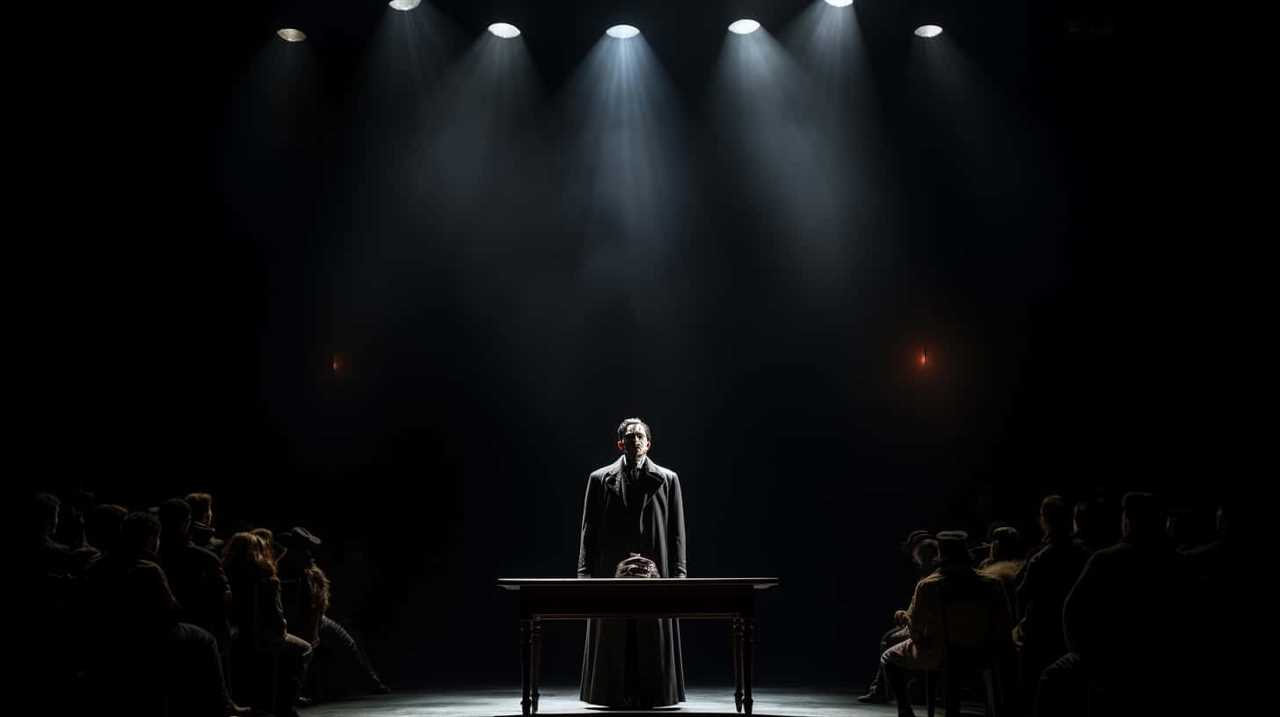
These literary devices allow villains to tap into the collective unconscious, evoking powerful emotions and creating a lasting impression on the audience. Symbolic imagery can take the form of objects, colors, or even actions that represent deeper meanings and themes. Metaphorical language, on the other hand, allows villains to draw parallels between unrelated concepts, shedding light on their twisted perspectives and motivations.
Emphasizing the Villain’s Motivation
By delving into the inner workings of the villain’s mind, we can gain a deeper understanding of their motivations and the driving forces behind their nefarious actions.
- Exploring Inner Conflicts: Uncovering the internal struggles that plague the villain allows us to humanize their character and reveal the complex web of emotions that drive their actions.
- Dissecting Moral Ambiguity: Examining the blurred lines between right and wrong in the villain’s moral compass sheds light on their twisted logic and justifications for their malevolent deeds.
- Unveiling Personal Trauma: Revealing the villain’s past traumas and experiences helps us comprehend the origin of their darkness and the pain that fuels their villainy.
- Examining External Influences: Analyzing the external factors that shape the villain’s worldview, such as societal pressures or personal relationships, offers insight into their motives and the context in which they operate.
- Highlighting Psychological Motivations: Unraveling the psychological motivations behind the villain’s actions, such as power hunger or a desire for revenge, unveils the intricate layers of their character.
Leaving a Lasting Impression
Crafting iconic villain monologues allows us to captivate the audience and leave a lasting impression through our powerful delivery and thought-provoking words.
To establish a menacing presence, we must command attention from the moment we step onto the stage. We can achieve this by using our body language, tone of voice, and facial expressions to exude an aura of malevolence.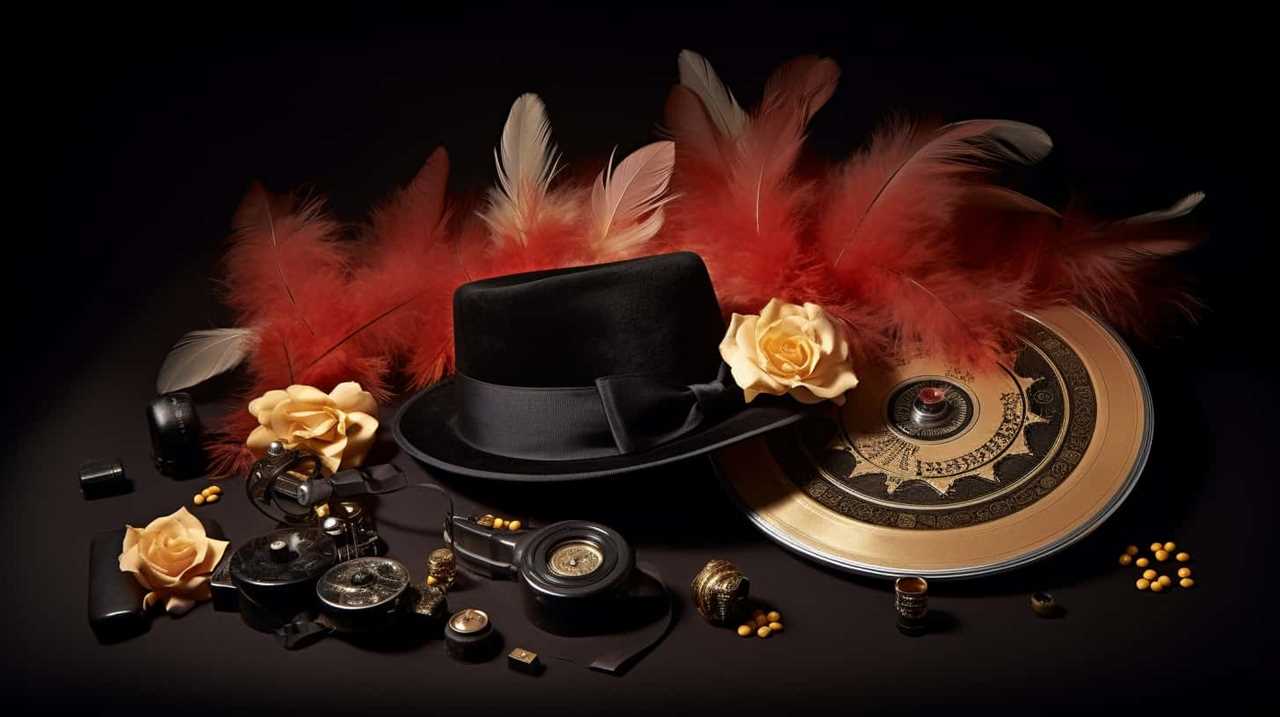
As we speak, we must carefully choose our words to craft memorable dialogue that lingers in the minds of our listeners. Our goal is to evoke emotions, provoke thoughts, and challenge societal norms.
Frequently Asked Questions
How Can I Effectively Use Body Language and Facial Expressions to Enhance My Villain’s Monologue?
Using body language and facial expressions effectively in a villain’s monologue is key to conveying emotions through physicality. It adds depth and complexity, creating a powerful and memorable presence on stage, captivating the audience with nonverbal cues.
What Are Some Examples of Iconic Villain Monologues From Popular Movies or Literature?
Some memorable villain monologues from classic literature include Macbeth’s soliloquies in Shakespeare’s play and Captain Ahab’s speeches in Moby-Dick. In recent blockbuster movies, we’ve seen impactful villain speeches like Thanos’ in Avengers: Infinity War.
Are There Any Specific Techniques or Strategies to Make the Villain’s Monologue More Relatable to the Audience?
Connecting emotions and creating empathy in a villain’s monologue can be achieved through strategic storytelling, revealing their motivations, and showcasing moments of vulnerability. This allows the audience to understand their perspective and adds depth to the character.
How Can I Ensure That My Villain’s Monologue Doesn’t Come Across as Cliché or Predictable?
To ensure our villain’s monologue avoids clichés and predictability, we focus on creating unique perspectives and avoiding stereotypical phrases. By doing so, we captivate the audience with our creative, engaging, and insightful approach, liberating them from expectations.
Are There Any Tips for Incorporating Humor or Wit Into a Villain’s Monologue Without Diminishing Their Intimidation Factor?
Balancing humor and intimidation in a villain’s monologue requires mastering the art of crafting witty and intimidating dialogue. It’s about finding the perfect blend, where humor enhances the villain’s menace, leaving the audience both entertained and intimidated.
How Can I Incorporate Iconic Catchphrases into Villain Monologues?
Villains can add flair to their monologues by using top iconic action movie catchphrases. For example, a villain might deliver a menacing threat with “Hasta la vista, baby” or boast about their superiority with “I’ll be back.” Incorporating these catchphrases can elevate a villain’s dialogue to unforgettable and iconic levels.
Conclusion
Crafting iconic villain monologues is an art that requires a delicate balance of intimidation, distinctiveness, and psychological manipulation. By incorporating symbolism, metaphors, and a compelling backstory, these monologues can leave a lasting impression on audiences.
The power lies in the villain’s motivation, their ability to build tension and suspense, and their memorable opening lines. With these 11 tips, writers can create monologues that captivate and engage, ensuring that their villains become truly iconic in the realm of storytelling.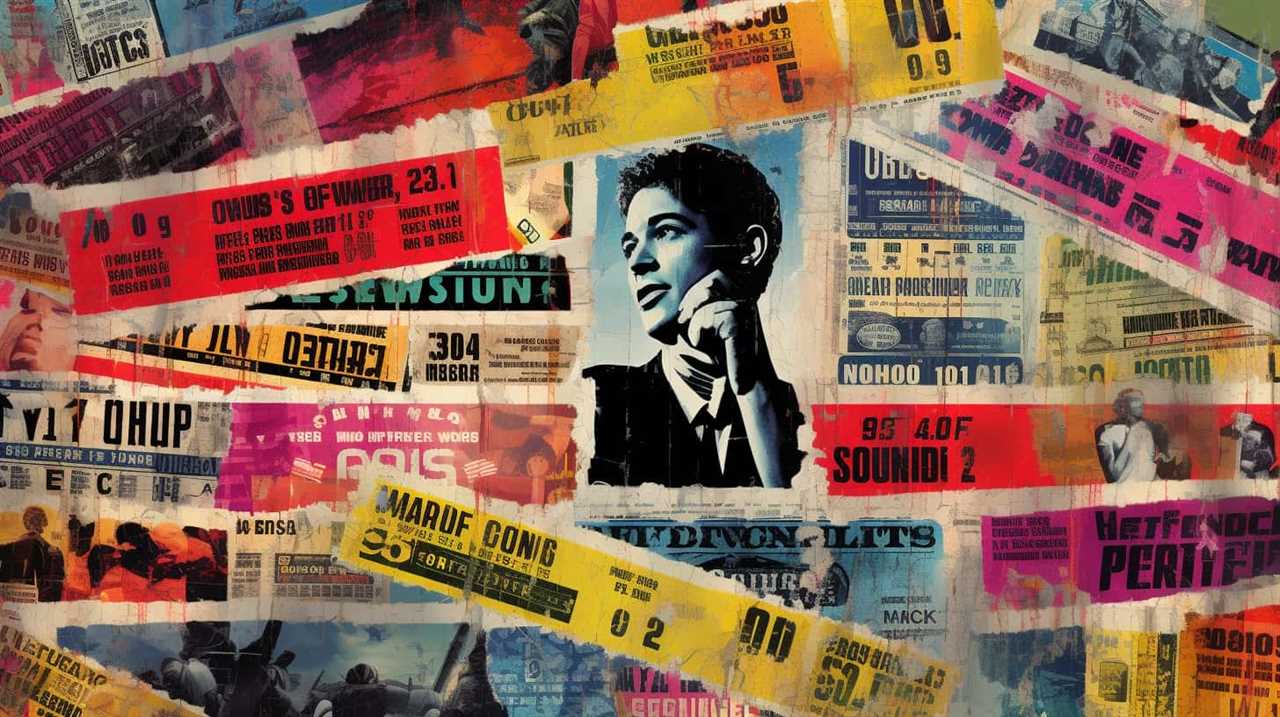
Lauren’s talent in writing is matched by her passion for storytelling. Her love for books and deep understanding of culture and entertainment add a distinct flavor to her work. As our media and press contact, Lauren skillfully bridges the gap between afterQuotes and the broader media landscape, bringing our message to a wider audience.
Movies Quotations
Top 9 Action Movie Villain Monologues Revealed
Get prepared, everyone! We are thrilled to share with you the top 9 monologues from villains in action movies that will truly blow your mind.
Amidst the chaos of these films, there lies an intriguing statistic – the power wielded by these captivating villains. From The Dark Knight’s Joker, unleashing chaos upon Gotham, to The Silence of the Lambs’ Hannibal Lecter, imparting his cannibalistic wisdom, each monologue holds a key to understanding the complexities of the human psyche.
These villains, like the T-1000 from Terminator 2 and Raoul Silva from Skyfall, are cold, calculated, and on a mission to challenge the status quo. Join us as we delve into the minds of these masterminds, exploring the philosophy of violence, the illusion of control, and the untamed power of language.
Get ready to be captivated, liberated, and inspired.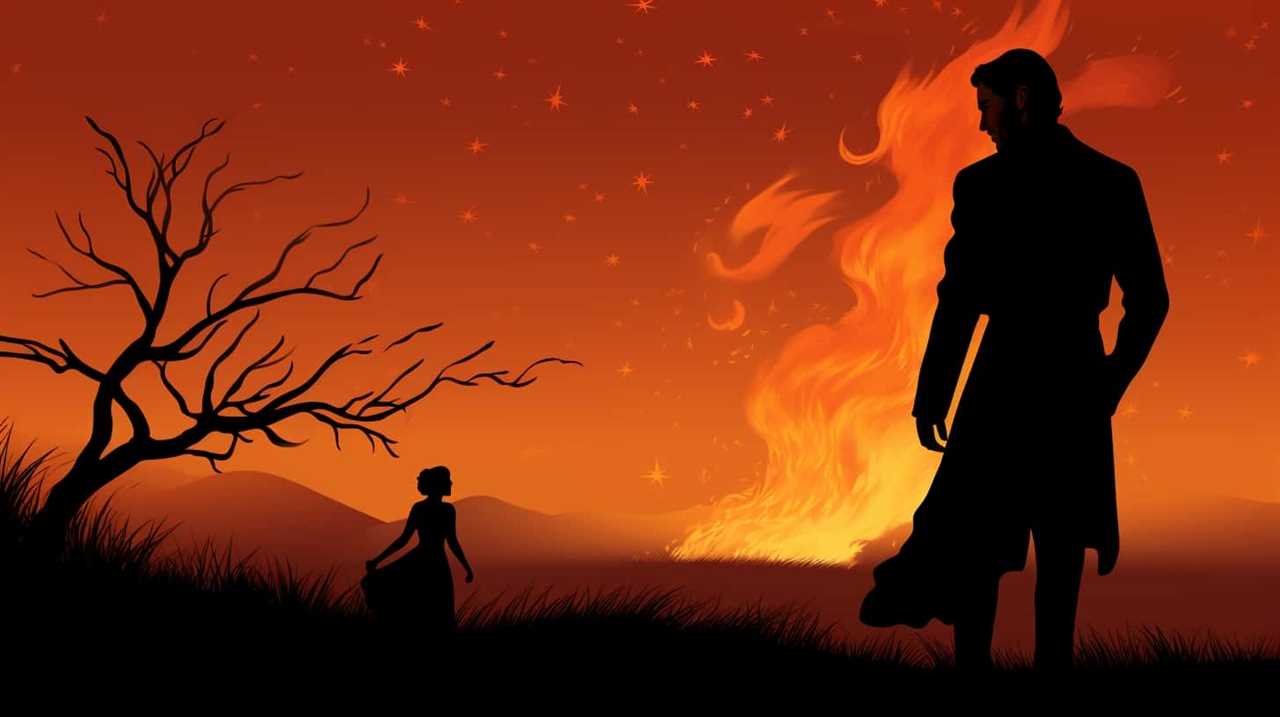
Key Takeaways
- The Joker’s monologues are captivating and unpredictable, leaving a lasting impact on the audience.
- The T-1000’s cold and calculated demeanor, along with its ability to adapt and blend into any environment, make it a terrifying villain.
- Hans Gruber’s sophistication, attention to detail, and ability to manipulate others with charm and wit make him a memorable antagonist.
- Raoul Silva’s vengeful madness, manipulation tactics, and unsettling physical appearance create a chilling tone for the film.
The Dark Knight’s Joker: Chaos Unleashed
In ‘The Dark Knight’s Joker: Chaos Unleashed’, we delve into the captivating and unpredictable monologues delivered by one of cinema’s most iconic villains. The Joker’s manipulation tactics are as cunning as they’re disturbing. With every word he utters, he weaves a web of chaos and confusion, leaving his victims vulnerable and disoriented.
But it’s not just his words that leave a lasting impact; it’s also his iconic laugh. A chilling sound that sends shivers down our spines, it’s a symbol of the Joker’s twisted mind and his insatiable appetite for anarchy. His laugh lingers in our minds long after the movie ends, a reminder of the madness he brings to the screen.
As we transition to the subsequent section about ‘Terminator 2’s T-1000: Cold and Calculated’, we’re left with the haunting echoes of the Joker’s laughter, a stark contrast to the Terminator’s emotionless pursuit.
Terminator 2’s T-1000: Cold and Calculated
Continuing our exploration of iconic action movie villain monologues, let’s now turn our attention to the chilling presence of Terminator 2’s T-1000: a character known for their cold and calculated demeanor.
The T-1000, portrayed brilliantly by Robert Patrick, captivates audiences with its liquid metal form, symbolizing its ability to adapt and blend seamlessly into any environment. With every movement, the T-1000 morphs, creating an eerie and otherworldly sensation that evokes a sense of unease.
As the T-1000 hunts down its targets, it employs psychological manipulation tactics that further add to its sinister nature. Whether it’s mimicking loved ones or exploiting vulnerabilities, the T-1000 preys on our deepest fears and insecurities, leaving us questioning who we can trust.
Its calculated nature and relentless pursuit make the T-1000 a truly unforgettable and terrifying villain.
Die Hard’s Hans Gruber: Suave and Deadly
Let’s now shift our focus to the suave and deadly presence of Die Hard’s Hans Gruber. Played brilliantly by Alan Rickman, Gruber is the epitome of a sophisticated and cunning villain. What sets him apart isn’t just his sharp intellect, but also his iconic heist plan and the art of deception he employs.
Gruber’s heist plan is a stroke of genius. By masquerading as a terrorist, he manages to take control of Nakatomi Plaza, all while executing a meticulously planned robbery. His attention to detail and ability to adapt to unforeseen circumstances make him a formidable adversary for our hero, John McClane.
But it’s Gruber’s mastery of deception that truly makes him dangerous. Throughout the film, he effortlessly manipulates those around him, using charm and wit to mask his true intentions. His smooth-talking and calculated demeanor make it nearly impossible to see through his facade.
Hans Gruber’s suave and deadly presence in Die Hard is a testament to the power of a well-crafted villain. His iconic heist plan and the art of deception he employs make him a memorable adversary that keeps us on the edge of our seats.
Skyfall’s Raoul Silva: A Madman’s Revenge
As we delve into the subtopic of ‘Skyfall’s Raoul Silva: A Madman’s Revenge’, it becomes evident that his vengeful rampage sets a chilling tone for the film. Raoul Silva, played masterfully by Javier Bardem, is a character born out of a traumatic past, which fuels his thirst for revenge against MI6 and its agent, James Bond. Silva’s manipulation tactics are as cunning as they’re disturbing, leaving both Bond and the audience questioning their own sense of control.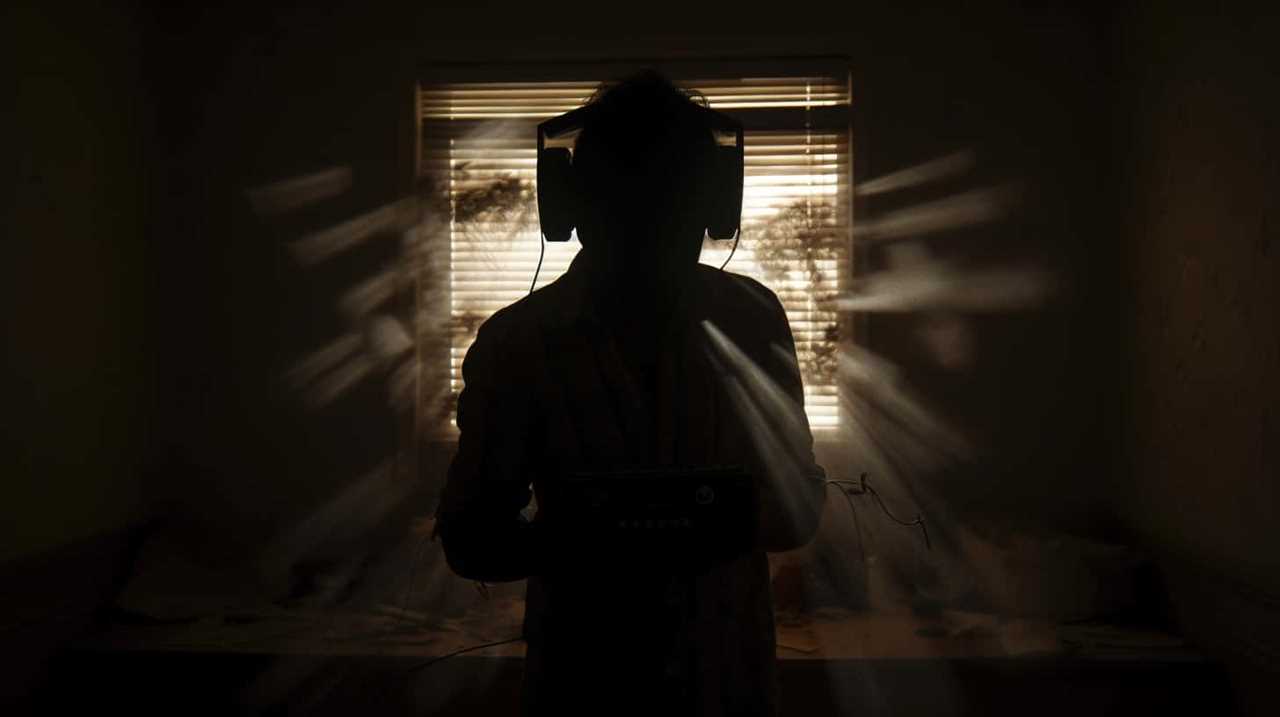
In one scene, Silva reveals his true intentions through a haunting monologue, highlighting the depth of his madness and the danger he poses.
Another memorable moment is when Silva toys with Bond’s loyalty, exploiting his vulnerability and turning it against him.
Silva’s physical appearance, with his bleached hair and eerie smile, adds an unsettling element to his character, making him even more unpredictable.
Raoul Silva’s sinister presence and relentless pursuit of vengeance make him a truly terrifying antagonist. But the true illusion of control lies in the next section, where we explore ‘The Matrix’s Agent Smith.
The Matrix’s Agent Smith: The Illusion of Control
The illusion of control is shattered when we encounter The Matrix’s Agent Smith, a formidable antagonist whose tactics and presence challenge our perception of power and free will. In The Matrix, Smith represents the illusion of control that the machines have imposed upon humanity. As an artificial intelligence program, he seeks to maintain order and ensure the control of the Matrix.
However, his existence also raises questions about the true nature of control and the boundaries of free will. Just like the impact of the fate theme in No Country for Old Men, Agent Smith’s presence reminds us that control may be an illusion and that our choices may be predetermined.
As we delve deeper into the world of villains, let’s now explore the next character, No Country for Old Men’s Anton Chigurh, who embodies the role of fate’s messenger.
No Country for Old Men’s Anton Chigurh: Fate’s Messenger
When it comes to iconic movie villains, Anton Chigurh from ‘No Country for Old Men’ stands out in his role as fate’s messenger. One of the most chilling scenes is the coin toss, where Chigurh’s unwavering belief in fate is showcased through his deadly game.
But it’s not just his actions that convey his role; the symbolism of his hair, perfectly styled and unchanging, reinforces the theme of fate and inevitability.
In ‘No Country for Old Men,’ Anton Chigurh is a masterful portrayal of a villain who embodies the power of fate and the terrifying consequences it can bring.
Chilling Coin Toss Scene
After witnessing the chilling coin toss scene in ‘No Country for Old Men’, we’re compelled to acknowledge Anton Chigurh as fate’s messenger. In this pivotal moment, the symbolism of the coin toss becomes a powerful tool of psychological manipulation, leaving the audience in a state of suspense and awe.
- As the coin spins in the air, time freezes, mirroring the characters’ uncertainty and the weight of their decisions.
- The metallic clang as the coin lands, echoing through the room, signifies the irrevocable consequences that await.
- Chigurh’s unwavering gaze and calm demeanor as he flips the coin heighten the tension, revealing his unwavering dedication to his twisted sense of justice.
In this scene, the coin becomes a metaphor for fate, as Chigurh becomes the instrument through which it manifests. Through his calculated actions, he forces the characters to confront their own mortality and the inescapable grip of destiny.
Symbolism of Chigurh’s Hair
As we delve deeper into the symbolism of Chigurh’s hair in ‘No Country for Old Men’, we uncover yet another intriguing aspect of his character as fate’s messenger. The symbolism of fate is intricately woven into every strand of Chigurh’s hairstyle, reflecting his role as an agent of inevitability.
His meticulously maintained, perfectly slicked-back hair represents his unwavering commitment to carrying out the will of fate. It serves as a visual representation of his cold, calculated nature and his unyielding determination to fulfill his role as the harbinger of destiny.
Chigurh’s hairstyle also symbolizes his detachment from societal norms and his status as an outsider. Just as his hair defies convention, so does he, operating outside the boundaries of morality and law. In this way, his hairstyle becomes a powerful emblem of his enigmatic and formidable presence in the film.
Impact of Fate Theme
We believe that the impact of the fate theme is truly exemplified through the character of Anton Chigurh in ‘No Country for Old Men’, as he serves as fate’s messenger.
Chigurh’s presence in the film creates a sense of inevitability, as if his actions are predetermined by some higher power. His relentless pursuit of his targets and his unwavering commitment to his own twisted sense of justice leave no room for exploring free will.
Chigurh’s cold and calculated demeanor, coupled with his use of a coin flip to determine the fate of his victims, raises questions about the nature of destiny. Is it something that can be altered or is it a force beyond our control?
Chigurh’s character forces us to confront these existential questions and challenges our beliefs about the power we have over our own lives.
Kill Bill’s Bill: The Philosophy of Violence
One of the most intriguing aspects of Kill Bill’s Bill is his unique perspective on the philosophy of violence. As the antagonist in Quentin Tarantino’s cult classic, Bill offers us a deep dive into the psychology of revenge and the ethics of violence. He challenges our preconceived notions about right and wrong, forcing us to question the morality of our actions.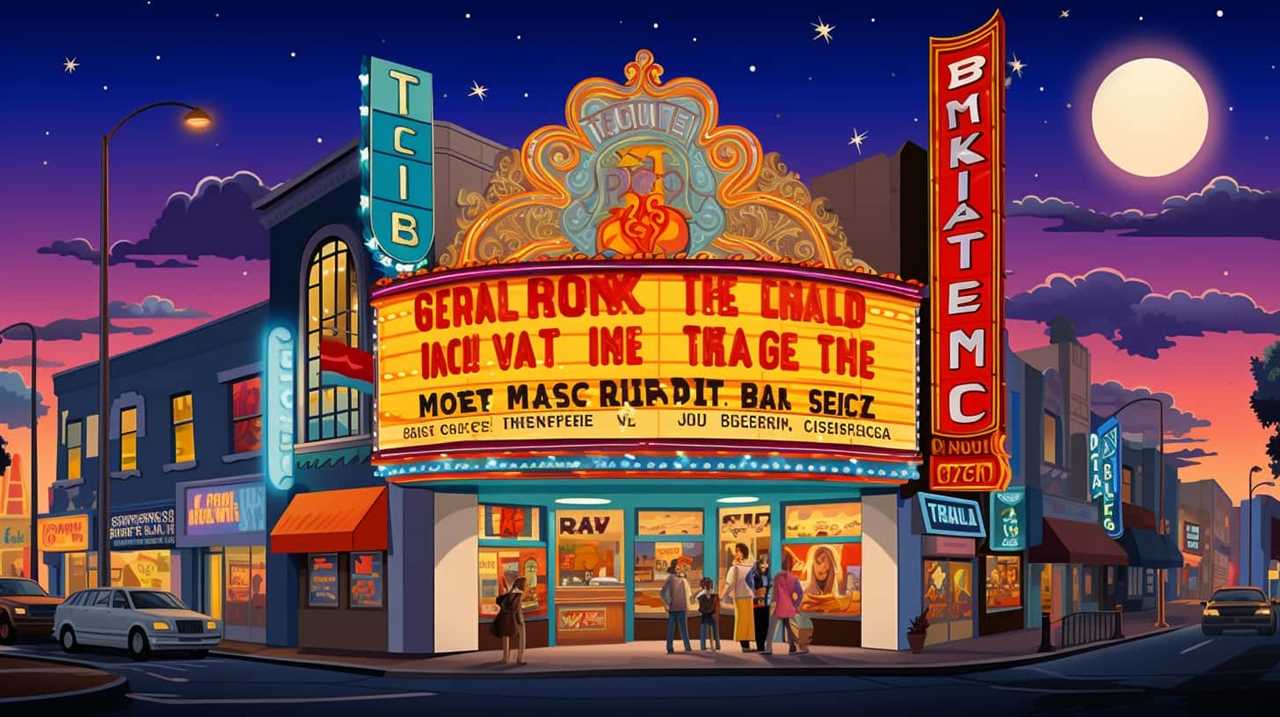
Bill believes that violence isn’t inherently evil, but rather a tool that can be used for both good and bad purposes. He argues that it’s our intentions and motivations behind our violent acts that determine their morality. This thought-provoking perspective forces us to reflect on our own beliefs about violence and consider the complexities of human nature.
The Silence of the Lambs’ Hannibal Lecter: A Cannibal’s Wisdom
Although known for his cannibalistic tendencies, Hannibal Lecter from ‘The Silence of the Lambs’ offers surprising wisdom. Beneath his chilling facade lies a keen understanding of the human psyche, a mastery of manipulation tactics that’s both terrifying and fascinating.
Lecter’s ability to delve into the depths of the cannibal’s psychology is unparalleled, leaving his victims paralyzed with fear and intrigue. As we explore Lecter’s twisted mind, we can’t help but be captivated by his words, his every utterance carrying the weight of calculated manipulation.
In our minds, we can envision the eerie silence of his cell, the flickering dimness of the prison lights, and the cold, metallic bars that separate us from his unnerving presence. Hannibal Lecter, a cannibal with a wisdom that both repulses and enthralls, forever etched in the annals of cinematic infamy.
Inglourious Basterds’ Colonel Hans Landa: The Power of Language
As we delve further into the twisted minds of action movie villains, let us now turn our attention to Colonel Hans Landa from ‘Inglourious Basterds’ and explore the immense power that language holds in his manipulative arsenal. Landa, brilliantly portrayed by Christoph Waltz, is a master of psychological warfare, using words as deadly weapons to achieve his goals. His ability to manipulate and control situations through conversation is truly chilling. Through careful study and analysis, we can see that Landa’s power lies not only in the words he chooses, but also in the way he delivers them. With his charming demeanor and calculated pauses, he draws his victims in, making them vulnerable to his manipulation. This power of language is exemplified in the following table:
| Language Techniques | Effect on Victims | Purpose |
|---|---|---|
| Flattery | Elicits trust | Gain information and control |
| Intimidation | Creates fear | Establish dominance and control |
| Manipulative questions | Confusion and uncertainty | Disorientate and control |
| Charm | Disarming | Gain compliance and control |
Colonel Hans Landa’s mastery of language serves as a stark reminder of the power of manipulation and psychological warfare. Through his carefully crafted words, he is able to bend situations to his will, leaving his victims powerless and at his mercy. It is a sobering lesson, highlighting the importance of being vigilant and aware of the potential dangers that language can possess. In a world that desires liberation, it is crucial to recognize the power that language holds and to use it responsibly, with the intention of empowering and uplifting others rather than manipulating and controlling them.
Frequently Asked Questions
How Does the Dark Knight’s Joker Justify His Chaotic Actions?
The Joker’s twisted philosophy justifies his chaotic actions by embracing the chaos theory. He believes that chaos is the natural state of things and that by causing chaos, he liberates people from the constraints of society.
How Does Terminator 2’s T-1000 Display His Calculated Nature Throughout the Movie?
Throughout Terminator 2, the T-1000’s relentless pursuit and calculated nature are on full display. Every move, every decision is carefully calculated, adding to the tension and reminding us of the unstoppable force we’re up against.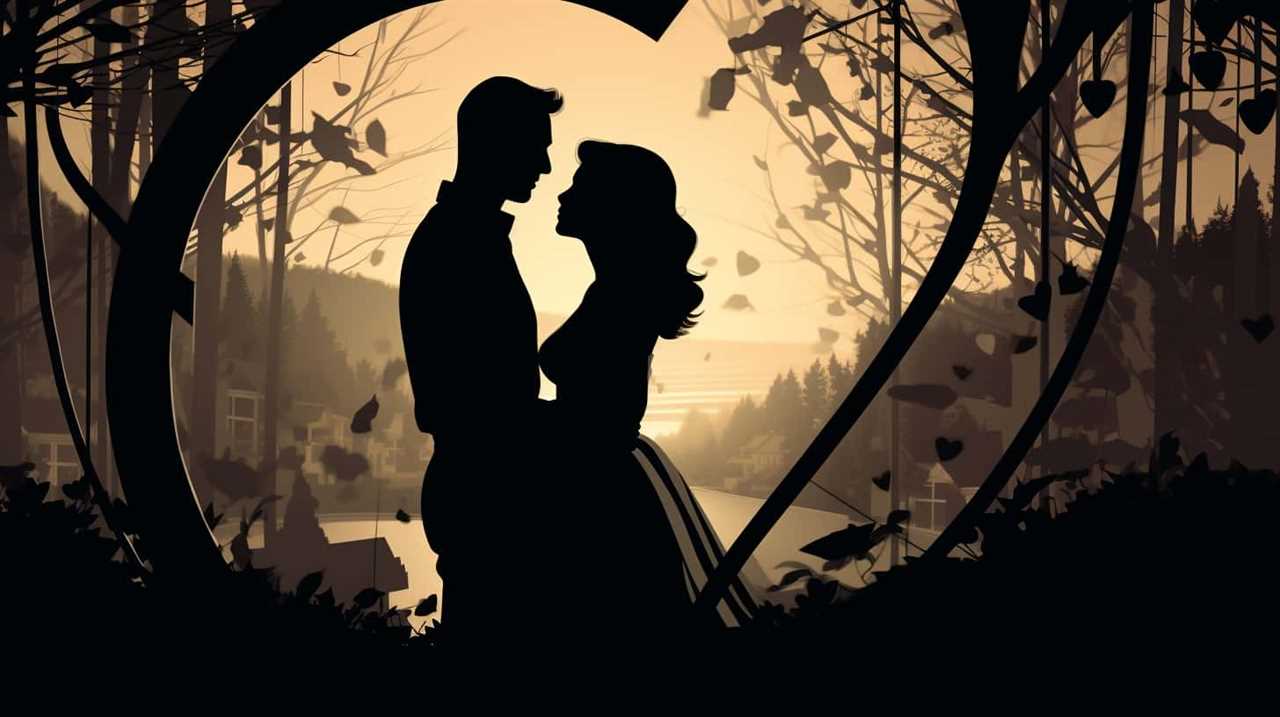
What Makes Die Hard’s Hans Gruber Such a Suave and Deadly Villain?
Hans Gruber’s charisma in Die Hard is unparalleled. His dangerous allure captivates us, making him a suave and deadly villain. We are drawn to his cunning and charm, making it impossible to look away.
What Is the Motivation Behind Skyfall’s Raoul Silva Seeking Revenge?
The motivation behind Silva seeking revenge in Skyfall is deeply personal. His bitterness and desire for retribution drive him to plot against those he believes have wronged him, creating a formidable and dangerous villain.
How Does Agent Smith From the Matrix Manipulate the Illusion of Control?
Agent Smith from The Matrix manipulates the illusion of control through psychological manipulation. He uses his power to deceive and control humans, making them believe they have freedom of choice when in reality, they are trapped in a virtual prison.
Are Action Movie Villain Monologues Similar to Classic Theater Monologues in Terms of Impact?
In action movie villain monologues, the impact is often heightened by their similarity to classic theater monologues for heart. Both rely on powerful delivery and compelling dialogue to captivate the audience. The theatrical nature of the villain’s speech creates a dramatic and impactful moment in the film.
Conclusion
After delving into the minds of some of the most iconic action movie villains, it becomes clear that their monologues aren’t just mere words, but powerful tools that convey profound messages.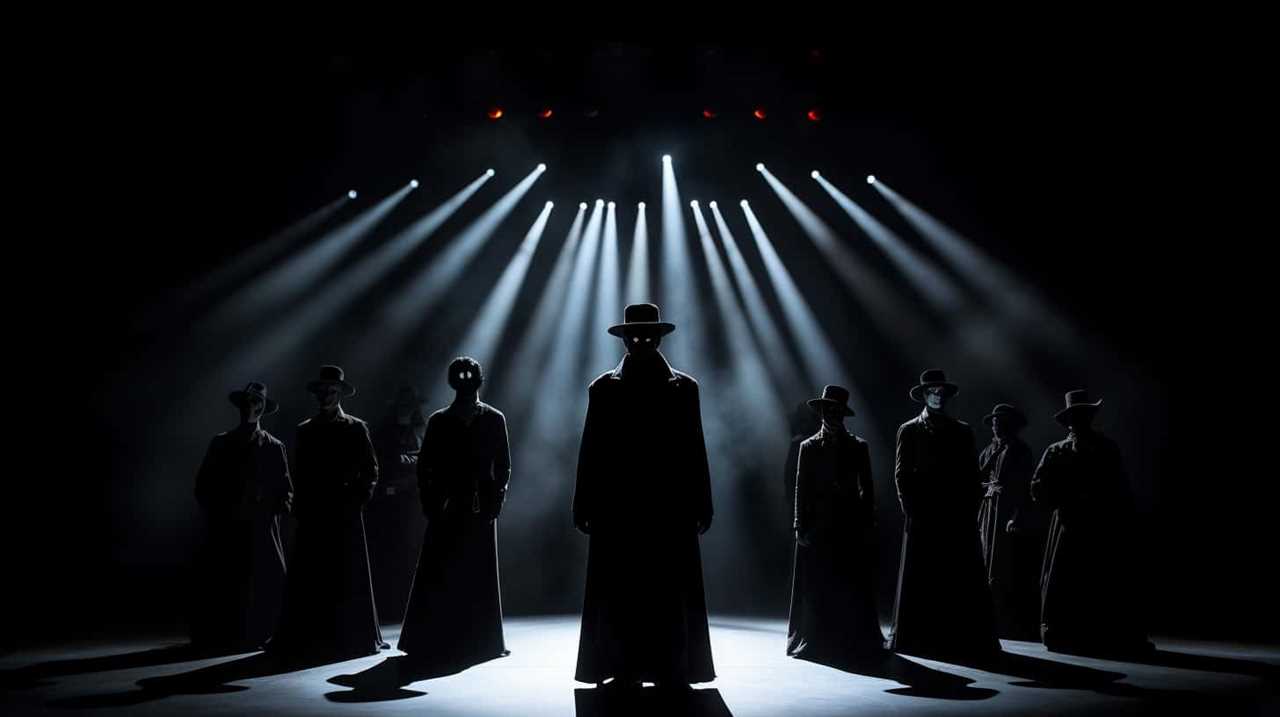
Through their twisted perspectives, they reveal the darker truths about human nature, the fragility of control, and the eternal battle between chaos and order.
These monologues serve as a reminder that beneath the surface of action-packed entertainment lies a thought-provoking exploration of the human psyche.
Lauren’s talent in writing is matched by her passion for storytelling. Her love for books and deep understanding of culture and entertainment add a distinct flavor to her work. As our media and press contact, Lauren skillfully bridges the gap between afterQuotes and the broader media landscape, bringing our message to a wider audience.
Movies Quotations
4 Tips to Recall Iconic Action Movie One-Liners
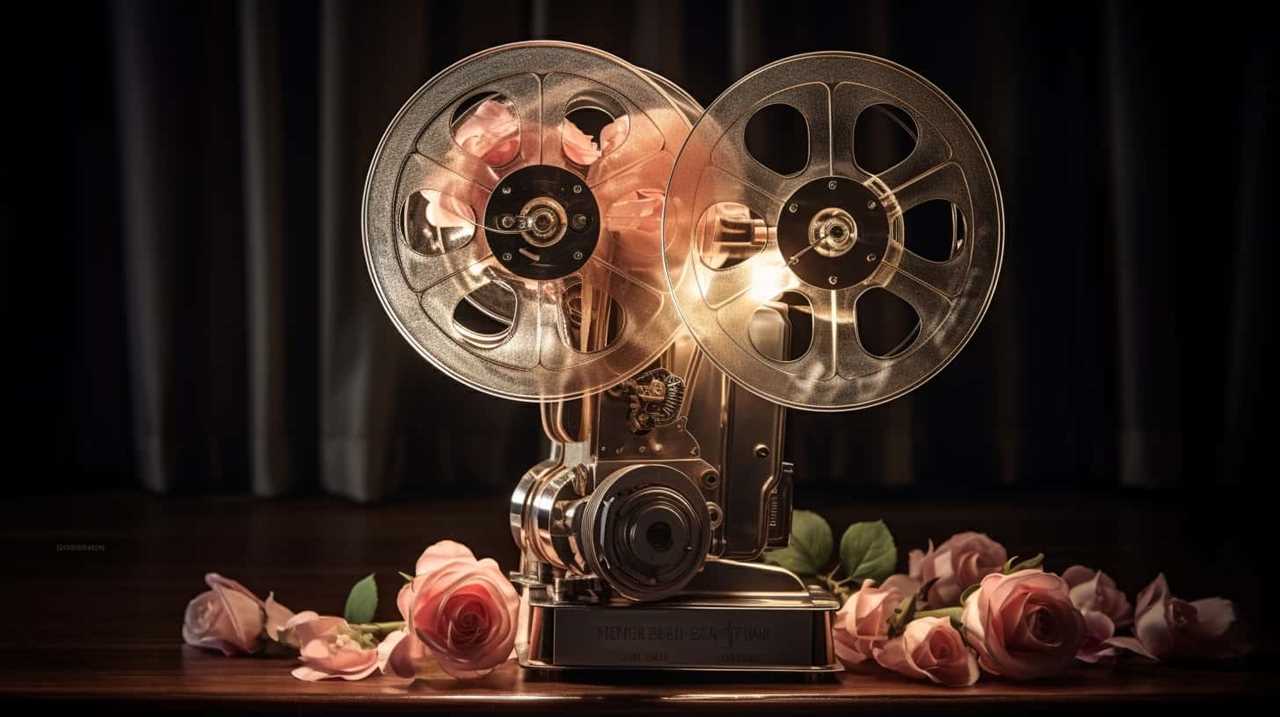
They say “knowledge is power,” and this is especially true when it comes to recalling iconic one-liners from action movies. If you’re eager to effortlessly insert these unforgettable quotes into conversations, you’ve come to the right place. Discover the secrets of mastering classic movie lines and impressing your friends with your cinematic wit. Keep reading to unlock the power of movie magic!
In this guide, we will share four foolproof tips to help you master the art of recalling those legendary lines. No longer will you struggle to remember Arnold Schwarzenegger’s iconic ‘I’ll be back’ or Bruce Willis’ unforgettable ‘Yippee ki-yay, motherf***er.’
With our liberation-focused approach, you’ll be armed with the knowledge and confidence to effortlessly recite these classic lines whenever the moment calls for it.
So, let’s dive in and unlock the power of iconic action movie one-liners!
Key Takeaways
- Watching action movie classics helps us understand their significance and influence on pop culture.
- Studying memorable character quotes helps us understand the personalities, beliefs, and values of the characters.
- Actively rehearsing and reciting one-liners enhances our ability to recall them.
- Incorporating iconic action movie one-liners into daily conversations adds excitement and humor.
Watch Action Movie Classics
To enhance our ability to recall iconic action movie one-liners, we should watch our favorite action movie classics. By analyzing the impact of these classics on pop culture, we can gain a deeper understanding of their significance and influence.
Action movies have always held a prominent place in popular culture, shaping societal norms and reflecting the collective desires of liberation. The evolution of action movie one-liners over the years is fascinating to explore. From the classic ‘I’ll be back’ in Terminator to ‘Yippee-ki-yay, motherf***er’ in Die Hard, these one-liners have become ingrained in our cultural lexicon. They not only serve as memorable catchphrases, but also reveal the evolution of storytelling and the changing dynamics of action heroes.
Watching action movie classics allows us to immerse ourselves in a world of adrenaline-fueled excitement and appreciate the impact they’ve had on our culture.
Study Memorable Character Quotes
Let’s analyze memorable character quotes to improve our ability to recall iconic action movie one-liners.
Character quotes aren’t just catchy phrases; they often reveal deeper insights into the motivations of the characters. By studying these quotes, we can gain a better understanding of the characters’ personalities, beliefs, and values.
This analysis allows us to appreciate the impact of these iconic one-liners on the overall story. For example, when John McClane in Die Hard says ‘Yippee ki-yay, motherf***er,’ it not only showcases his rebellious nature but also highlights his determination to overcome any obstacle.
These quotes become more than just lines; they become symbols of strength, resilience, and liberation.
Practice Reciting One-Liners
We can enhance our ability to recall iconic action movie one-liners by actively rehearsing and reciting them. To make this process more effective, we can create mnemonic devices that help us remember the lines. For example, we can associate certain keywords or phrases with the one-liner, making it easier to recall in the future.
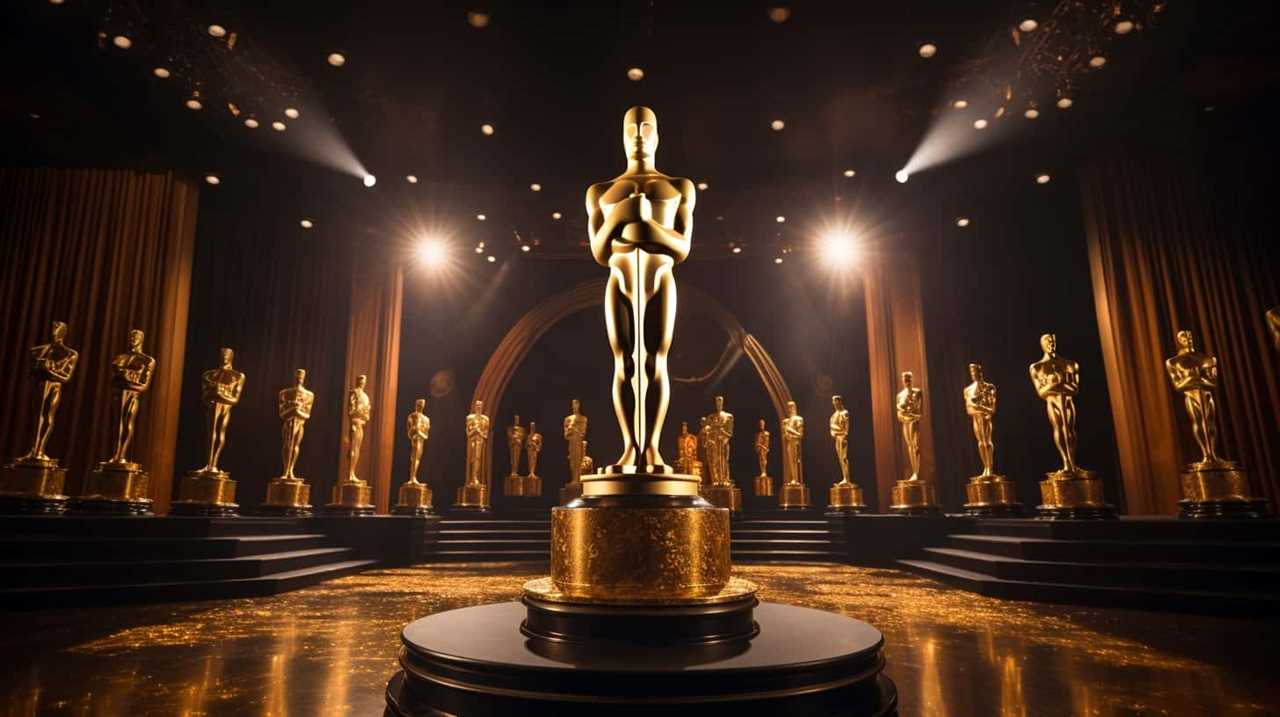
Additionally, recording and listening to our own recitations can reinforce our memory of the lines. By hearing ourselves say the one-liners, we engage both our auditory and visual senses, creating stronger neural connections. This practice not only helps us remember the lines, but also allows us to work on our delivery and timing.
By incorporating these techniques into our daily routine, we can confidently recite iconic action movie one-liners in any situation.
Now, let’s explore how we can incorporate these quotes into our daily life…
Can the Tips for Recalling Action Movie One-Liners Help Me Come Up with Defiant One-Liners?
Absolutely! Watching the best defiant oneliners in classic action movies can definitely inspire you to come up with your own memorable lines. The tips for recalling action movie one-liners can help you tap into that same energy and wit when you need to deliver a defiant line of your own.
Incorporate Quotes Into Daily Life
Continuing our practice of reciting iconic action movie one-liners, we frequently incorporate these quotes into our daily life. Using movie quotes in conversations adds an element of excitement and humor, making interactions more enjoyable. It’s like speaking a secret language that only true movie buffs can understand.
Applying iconic action movie one-liners to everyday situations allows us to infuse a sense of adventure and heroism into even the most mundane tasks. Whether we’re delivering a witty comeback like Arnold Schwarzenegger or channeling our inner Clint Eastwood to express determination, these quotes give us a boost of confidence and make us feel like the protagonists in our own action-packed stories.
Frequently Asked Questions
What Are Some Examples of Action Movie Classics That Are Worth Watching?
There are countless iconic action films that are worth watching. From the adrenaline-pumping sequences in "Die Hard" to the intense battles in "The Matrix," these movies captivate us with their thrilling action and unforgettable one-liners.
How Can I Effectively Memorize and Study Memorable Character Quotes From Action Movies?
To effectively memorize and study memorable character quotes from action movies, we can utilize effective memorization techniques and implement study strategies. This allows us to fully immerse ourselves in the world of iconic one-liners and relish the liberation they bring.
Are There Any Specific Techniques or Exercises I Can Practice to Improve My Delivery When Reciting Action Movie One-Liners?
Techniques and exercises can greatly improve our delivery of action movie one-liners. By practicing vocal projection, emphasizing key words, and mastering timing, we can captivate audiences and bring these iconic lines to life.
Can You Provide Any Tips or Suggestions on How to Incorporate Action Movie Quotes Into Daily Conversations?
Looking to spice up your daily conversations? We’ve got you covered! Discover creative ways to incorporate action movie one-liners into your speech, making them a part of your personal style and expression. Let’s unleash your inner action hero!
Are There Any Recommended Online Resources or Communities Where I Can Discuss and Share My Love for Action Movie One-Liners With Others?
Online forums and communities are a great way for action movie quote enthusiasts to connect and share their love for iconic one-liners. Engaging with like-minded individuals can provide insight and liberation in exploring this passion.
How Can I Incorporate Pre-Battle Quotes Into Recalling Iconic Action Movie One-Liners?
Incorporating iconic action film quotes into pre-battle statements can add an extra punch to any intense moment. Whether it’s a classic line like “I’ll be back” or “Yippee-ki-yay, motherf***er,” these quotes can instantly evoke the adrenaline and excitement of iconic action movie scenes and amp up the intensity of any battle.
Can Iconic Movie Speeches be Used as Action Movie One-Liners?
When it comes to action movie one-liners, drawing inspiration from top 3 prebattle speeches can add depth and impact to the dialogue. Iconic movie speeches have the power to motivate, inspire, and excite, making them a great source for creating memorable one-liners in action films.
Conclusion
By immersing ourselves in the world of action movie classics, studying memorable character quotes, and practicing reciting one-liners, we can elevate our ability to recall these iconic lines.
Just like a well-honed weapon, our minds become sharpened with each repetition. As we incorporate these quotes into our daily lives, we transform into the heroes of our own stories, ready to deliver these one-liners with precision and flair.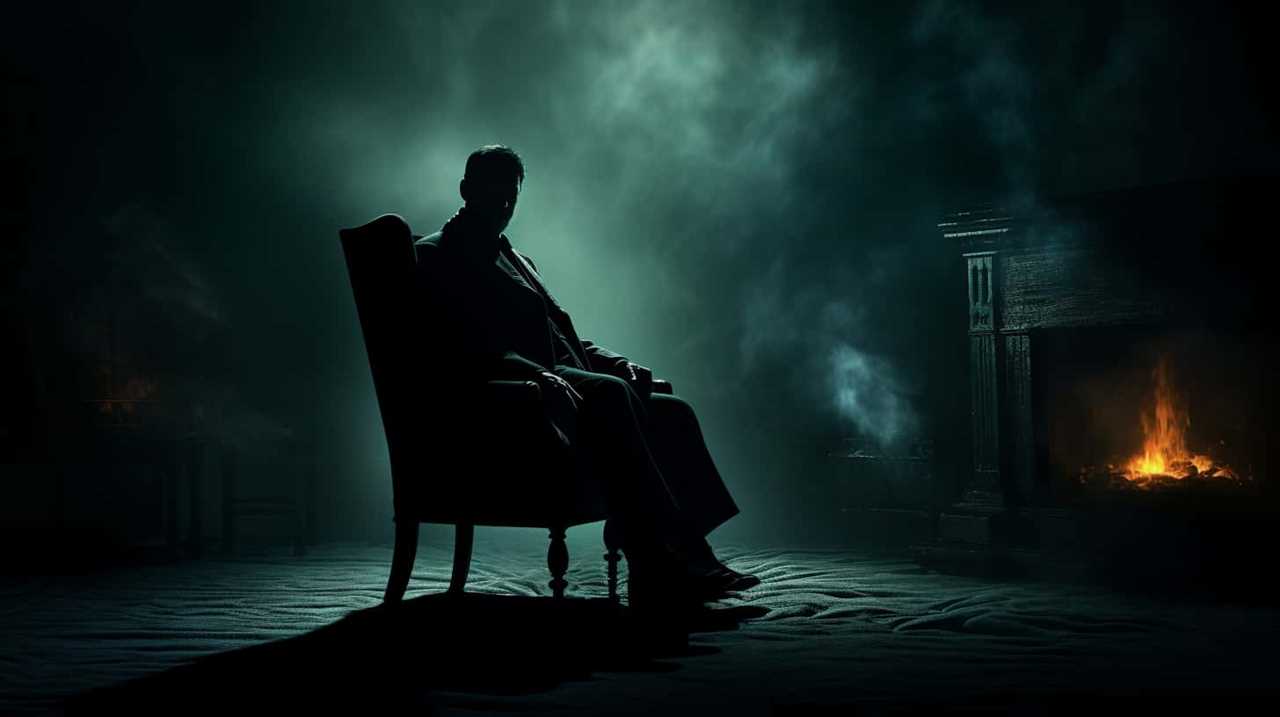
Let these iconic phrases become a part of our language, infusing our lives with the excitement and power of the action movie realm.
Lauren’s talent in writing is matched by her passion for storytelling. Her love for books and deep understanding of culture and entertainment add a distinct flavor to her work. As our media and press contact, Lauren skillfully bridges the gap between afterQuotes and the broader media landscape, bringing our message to a wider audience.
Movies Quotations
Top 9 Unforgettable Action Movie Victory Quotes

Hello, fellow warriors of the movie world! Today, we embark on a journey through the history of action films, where victory goes beyond just a concept to become a powerful essence that resonates within us.
Prepare yourselves to relive the adrenaline-fueled moments that have forever imprinted themselves in our minds. In this exhilarating countdown, we present to you the top 9 unforgettable action movie victory quotes.
From the iconic ‘I’ll Be Back’ to the defiant ‘Yippee-Ki-Yay, Motherf****R,’ these quotes embody the spirit of triumph and unyielding determination.
So, sit back, and let us remind you of those powerful words that have ignited our spirits, fueled our dreams, and made us believe that anything is possible.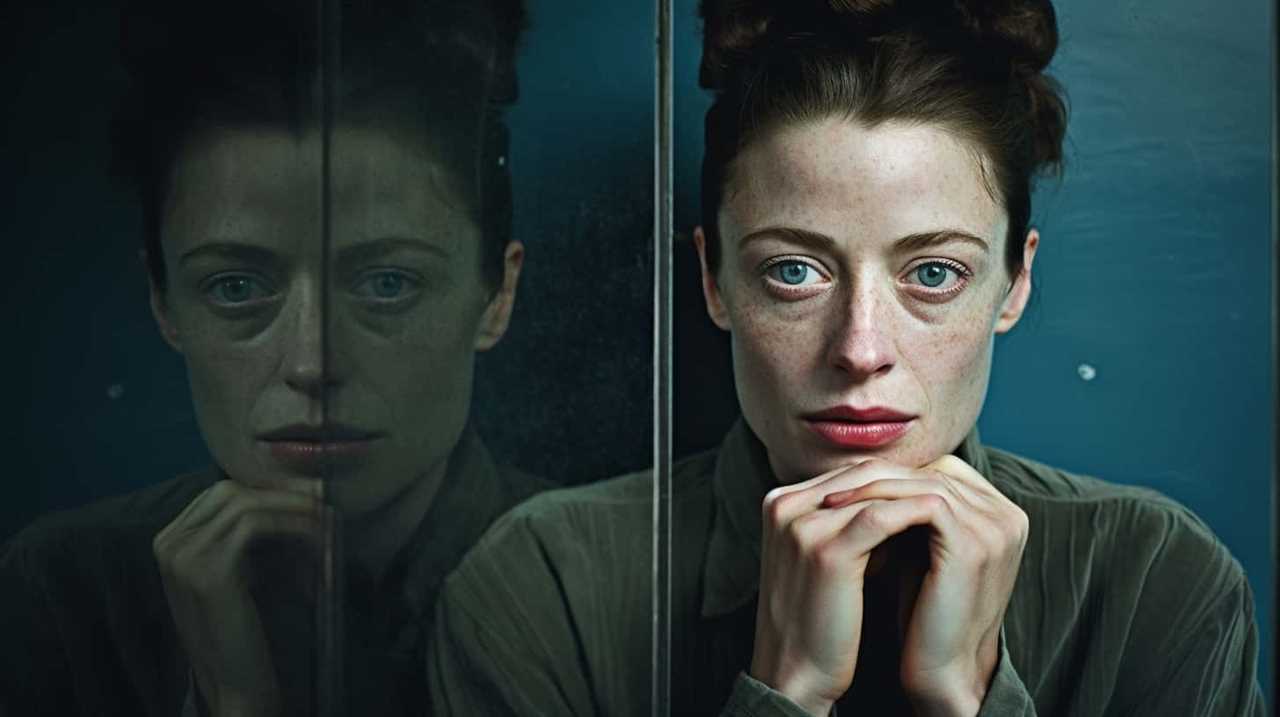
Let the celebration of victory begin!
Key Takeaways
- Action movie victory quotes have a strong impact on audiences, conveying a sense of strength and invincibility.
- These quotes inspire us to face our fears head-on and showcase the unwavering determination of action heroes.
- Clint Eastwood’s iconic line ‘Go ahead, make my day’ has become a timeless symbol of empowerment and defiance.
- Action movie victory quotes have a powerful and liberating message, reminding us of our ability to shape our own destinies and triumph over adversity.
I’ll Be Back
We’ll kick off the discussion of the subtopic ‘I’ll Be Back’ with a memorable line that has become synonymous with action movie triumph. This catchphrase, famously delivered by Arnold Schwarzenegger in the 1984 film ‘The Terminator,’ has transcended age and time to solidify its place in the annals of cinematic history.
The impact of these three simple words lies in their ability to convey a sense of unyielding determination and an unwavering commitment to success. In the context of action movies, where heroes face impossible odds, ‘I’ll Be Back’ signifies a refusal to accept defeat, a promise to return and overcome any obstacle in their path.
It has become a rallying cry for audiences seeking liberation from the limitations imposed by reality, inspiring us to keep pushing forward in the face of adversity.
Yippee-Ki-Yay, Motherf****R
Now let’s delve into the subtopic of ‘Yippee-Ki-Yay, Motherf****R’ with a line that has become an iconic expression of triumph in action movies.
This age and action catchphrase, made famous by Bruce Willis’ character John McClane in the Die Hard series, has had a significant impact on language and pop culture. It perfectly encapsulates the irreverent, rebellious spirit of action heroes who defy the odds and emerge victorious against all odds.
This expletive-laden line not only adds a touch of edginess and rawness to the characters but also serves as a release of pent-up tension, a verbal celebration of their triumph. Its repeated use in subsequent action films solidifies its status as a memorable victory quote that captures the essence of the genre.
I’m Too Old for This S**T
As we explore the subtopic of ‘I’m Too Old for This S**T’, we’re prompted to examine the relationship between age and badassery.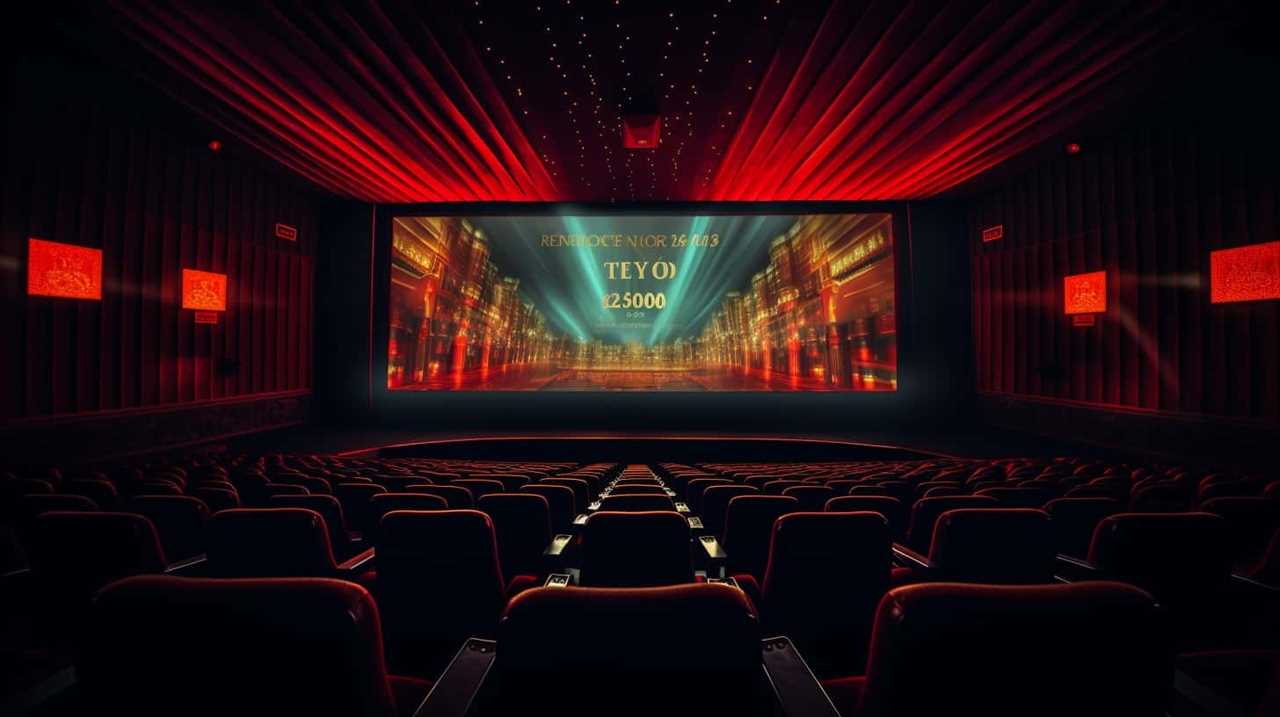
Action movies often feature aging protagonists who defy their limitations and continue to kick ass, challenging the notion that age is a barrier to greatness.
However, it also raises the question of whether age can truly be a limitation in the face of intense physical challenges and dangerous situations.
Age and Badassery
In our action movie journey, we encounter the theme of age and badassery. Characters in these films often exclaim ‘I’m too old for this S**T!’ These characters are typically portrayed by seasoned actors, challenging the notion that age diminishes one’s ability to be a badass. They defy stereotypes and show that age and experience can actually enhance their skills and resourcefulness.
Through their determination and resilience, these characters prove that age is just a number. They demonstrate that they are still capable of kicking some serious butt. Their presence in action movies not only adds depth and complexity to the storylines but also inspires audiences to challenge societal expectations and embrace their own badassery, regardless of age.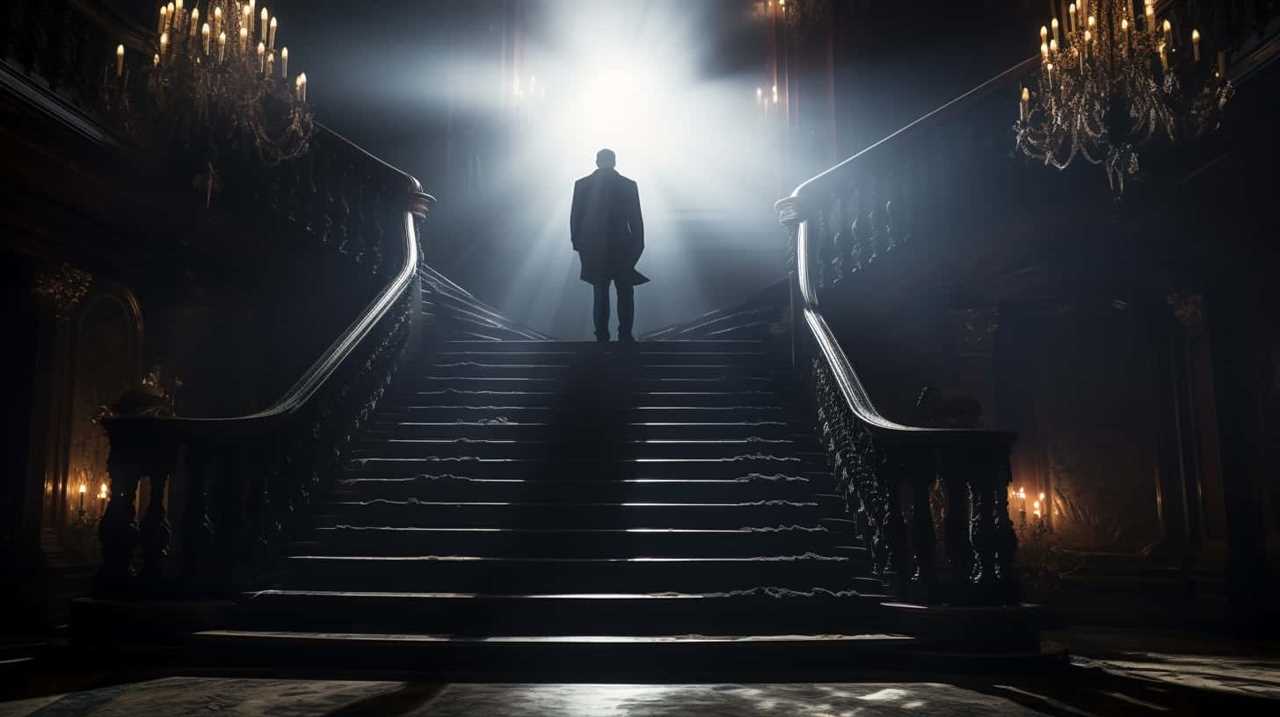
Age as a Limitation?
We refuse to let age be a limitation in our action movies, as characters boldly declare ‘I’m too old for this S**T!’ But does age really hinder our ability to kick ass and take names? Here’s what we’ve learned:
- Impact of age on physical abilities: While it’s true that our bodies may not move as fast or recover as quickly as they once did, age doesn’t have to be a death sentence for our action hero dreams. With proper training and conditioning, older individuals can still showcase their strength, agility, and endurance.
- Age as a source of wisdom and experience: One advantage of growing older is the accumulation of knowledge and life experience. Action heroes with a few more years under their belt bring a depth and wisdom to their characters that younger counterparts may lack.
- Defying expectations: Age is just a number, and our action movie heroes prove that time and time again. By refusing to let age define their capabilities, they inspire us to challenge societal norms and embrace our own limitless potential.
And now, as we explore the impact of age on our action heroes, let’s bid farewell to the limitations with a resounding ‘hasta la vista, baby.’
Hasta La Vista, Baby
When it comes to iconic movie catchphrases, ‘Hasta La Vista, Baby’ undoubtedly takes the cake. This unforgettable line from the 1991 action film Terminator 2: Judgment Day has permeated pop culture and become synonymous with Arnold Schwarzenegger’s portrayal of the Terminator.
Its impact has been felt in various forms, from t-shirts and memes to countless parodies and references in other movies. ‘Hasta La Vista, Baby’ isn’t only a memorable victory quote but a testament to the lasting power of a well-delivered line in a successful action film.
Iconic Movie Catchphrase
The enduring impact of the iconic movie catchphrase ‘Hasta La Vista, Baby’ lies in its ability to encapsulate the victorious spirit of action films. This phrase, popularized by Arnold Schwarzenegger’s character in the 1991 film Terminator 2: Judgment Day, has become a timeless symbol of triumph and empowerment.
Here’s why it continues to resonate with audiences:
- Age and Experience: The catchphrase reflects the wisdom and confidence that comes with age and experience. It signifies a seasoned hero who knows exactly what needs to be done to achieve victory.
- Famous Action Heroes: ‘Hasta La Vista, Baby’ has been uttered by some of the most iconic action heroes in film history, including Arnold Schwarzenegger and Sylvester Stallone. It has become a rallying cry for these larger-than-life characters.
- Liberation: The phrase represents liberation from fear and obstacles. It inspires audiences to face challenges head-on and overcome them with style and determination.
Impact on Pop Culture
One of the most influential catchphrases in action movie history, ‘Hasta La Vista, Baby’ has left an indelible mark on pop culture. Its impact on society can be seen through the widespread use of the phrase in various contexts and its integration into everyday language.
This iconic line, spoken by Arnold Schwarzenegger’s character in the movie ‘Terminator 2: Judgment Day,’ has become a cultural reference that transcends the film itself. It has been parodied, referenced, and quoted in countless movies, TV shows, songs, and advertisements, further solidifying its place in popular culture.![]()
The phrase’s enduring popularity is a testament to its catchy nature and the lasting impression it has made on audiences around the world. ‘Hasta La Vista, Baby’ has truly become an emblematic phrase that symbolizes victory and defiance, making it a memorable part of action movie history.
Memorable Action Film
We can’t discuss memorable action films without mentioning the iconic line ‘Hasta La Vista, Baby.’ This catchphrase, famously uttered by Arnold Schwarzenegger’s character in the 1991 film Terminator 2: Judgment Day, has become a cultural phenomenon, representing the epitome of badassery in action movies. But what makes this line so memorable and why does it continue to resonate with audiences today?
- Age and Action Heroes: ‘Hasta La Vista, Baby’ symbolizes the evolution of action heroes over time. Gone are the days of one-dimensional tough guys; modern action heroes are witty, charismatic, and capable of delivering killer one-liners.
- The Evolution of Action Films: This line represents a shift in action films towards a more self-aware and humorous tone. It showcases the genre’s ability to blend thrilling action sequences with clever dialogue, appealing to a wider audience.
- Cultural Impact: ‘Hasta La Vista, Baby’ has transcended its original film and has been referenced and parodied in various forms of media. It has become a symbol of empowerment and liberation, reminding us that even in the face of danger, we can embrace our inner action hero.
I Am Iron Man
Iron Man’s iconic declaration, "I am Iron Man," solidifies his triumph and establishes him as a formidable force in the action movie genre. This memorable line encapsulates the evolution of Iron Man, a character that has grown with the age and technology of the film industry. From his humble beginnings as a comic book hero to his portrayal by Robert Downey Jr. in the Marvel Cinematic Universe, Iron Man has become a symbol of technological prowess and innovation. The table below highlights the key moments in Iron Man’s evolution, showcasing his transformation from a man in a suit to a symbol of hope and liberation.
| Age and Technology | The Evolution of Iron Man |
|---|---|
| 1960s | Iron Man’s first appearance in comics, showcasing his advanced armor technology |
| 2008 | Iron Man’s debut in the Marvel Cinematic Universe, introducing a new generation to the character |
| 2012 | The Avengers, where Iron Man’s suit receives upgrades and becomes an essential part of the team |
| 2013 | Iron Man 3, exploring Tony Stark’s personal growth and struggle with his identity |
| 2019 | Avengers: Endgame, where Iron Man sacrifices himself to save the universe, cementing his legacy |
Iron Man’s journey mirrors our own desire for liberation and the power of technology to shape our lives. He reminds us that we have the ability to overcome challenges and become heroes in our own right.
Say Hello to My Little Friend
Continuing our exploration of iconic action movie victory quotes, let’s now delve into the explosive catchphrase, ‘Say Hello to My Little Friend.’ This memorable line comes from the classic film ‘Scarface’ and is delivered by the character Tony Montana, played by Al Pacino. Here are three reasons why this catchphrase has become etched in the minds of moviegoers:
- Age and experience: Tony Montana is a seasoned gangster who’s seen it all. When he utters these words, it signifies his dominance and confidence, gained through years of navigating the criminal underworld.
- The power of catchphrases: ‘Say Hello to My Little Friend’ encapsulates Tony’s bravado and serves as a proclamation of his lethal firepower. It has become synonymous with boldness and audacity, making it an enduring part of pop culture.
- Liberation through language: Tony’s catchphrase highlights the freedom and empowerment that comes from wielding power. It represents his ability to control his own destiny and assert his dominance over his adversaries.
With the explosive impact of ‘Say Hello to My Little Friend’ in mind, let’s now move on to our next action movie victory quote: ‘I could do this all day.’
I Could Do This All Day
Let’s now explore the enduring action movie victory quote, ‘I Could Do This All Day’. This quote embodies the spirit of age and determination, reminding us that no matter how long it takes or how difficult the journey, we should never give up.
It speaks to the resilience of the human spirit and the unwavering commitment to achieving our goals. Whether it’s a physical battle or an emotional struggle, this quote encourages us to keep pushing forward, even when faced with seemingly insurmountable obstacles.
It serves as a powerful reminder that success often comes to those who persevere, who refuse to let setbacks define them. ‘I Could Do This All Day’ inspires us to embrace our inner strength and continue fighting for what we believe in, regardless of the challenges we may face.
I’m the King of the World
Although it may be a cliché, the action movie victory quote ‘I’m the King of the World’ still manages to capture the exhilaration and triumph experienced by the protagonist in that unforgettable moment of accomplishment.
This quote resonates with audiences because it taps into our innate desire for success and recognition. It reminds us that regardless of age or perceived limitations, we’ve the power to overcome obstacles and achieve greatness.
The protagonist’s declaration of being the ‘King of the World’ symbolizes a liberation from societal expectations and an assertion of personal power. It serves as a reminder that we all have the potential to conquer our fears and reach new heights.
This quote inspires us to embrace our own victories and boldly proclaim our achievements to the world.
Go Ahead, Make My Day
One of the most iconic action movie victory quotes that has resonated with audiences is when the protagonist confidently declares, "Go ahead, make our day." This line, delivered by Clint Eastwood’s character Harry Callahan in the 1983 film "Sudden Impact," has become a timeless symbol of empowerment and defiance. It captures the essence of the age and action heroes, showcasing their unwavering determination and willingness to take on any challenge. The power of one-liners like this lies in their ability to convey a sense of strength and invincibility in a few short words. They inspire us to face our fears head-on and overcome any obstacles that stand in our way. Here is a table that highlights some other memorable action movie victory quotes:
| Movie | Quote |
|---|---|
| Terminator 2: Judgment Day | "Hasta la vista, baby." |
| Die Hard | "Yippee-ki-yay, motherf*cker." |
| The Dark Knight | "Why so serious?" |
| The Matrix | "I know kung fu." |
These quotes have become ingrained in popular culture and continue to captivate audiences with their powerful and liberating messages. They remind us that we have the power to shape our own destinies and triumph over any adversity.
Frequently Asked Questions
What Is the Meaning Behind the Phrase "Yippee-Ki-Yay, Motherf****R"?
Exploring the origins, ‘yippee-ki-yay’ is an exclamation of joy and triumph, while ‘motherf****r’ adds intensity and defiance. Breaking down the impact, it empowers and liberates, embodying a rebellious spirit in action movies.
How Did the Catchphrase "I’m Too Old for This S**T" Become Popular?
The catchphrase ‘I’m too old for this s**t’ became popular due to its relatability and use in action movies. It originated as a way to express frustration or weariness, much like the impact of ‘Yippee ki yay, motherf****r’ on pop culture.
What Is the Significance of the Line "Hasta La Vista, Baby" in the Movie?
The line ‘hasta la vista, baby’ holds significant meaning in the movie, as it became an iconic catchphrase. It represents triumph, power, and the protagonist’s ability to overcome obstacles. Similar to ‘I’ll be back,’ it empowers the audience and signifies victory.
How Did the Line "Say Hello to My Little Friend" Become Iconic?
How did the line ‘say hello to my little friend’ become iconic? Exploring the impact of the catchphrase ‘I’ll be back’. It was the perfect combination of intense delivery, memorable imagery, and the raw power of Al Pacino’s character in Scarface.
What Is the Origin of the Phrase "Go Ahead, Make My Day"?
The phrase ‘go ahead, make my day’ originated in the 1983 movie ‘Sudden Impact’ and quickly became a popular catchphrase. Its impact on pop culture is undeniable, much like the catchphrase ‘I’m too old for this s**t.’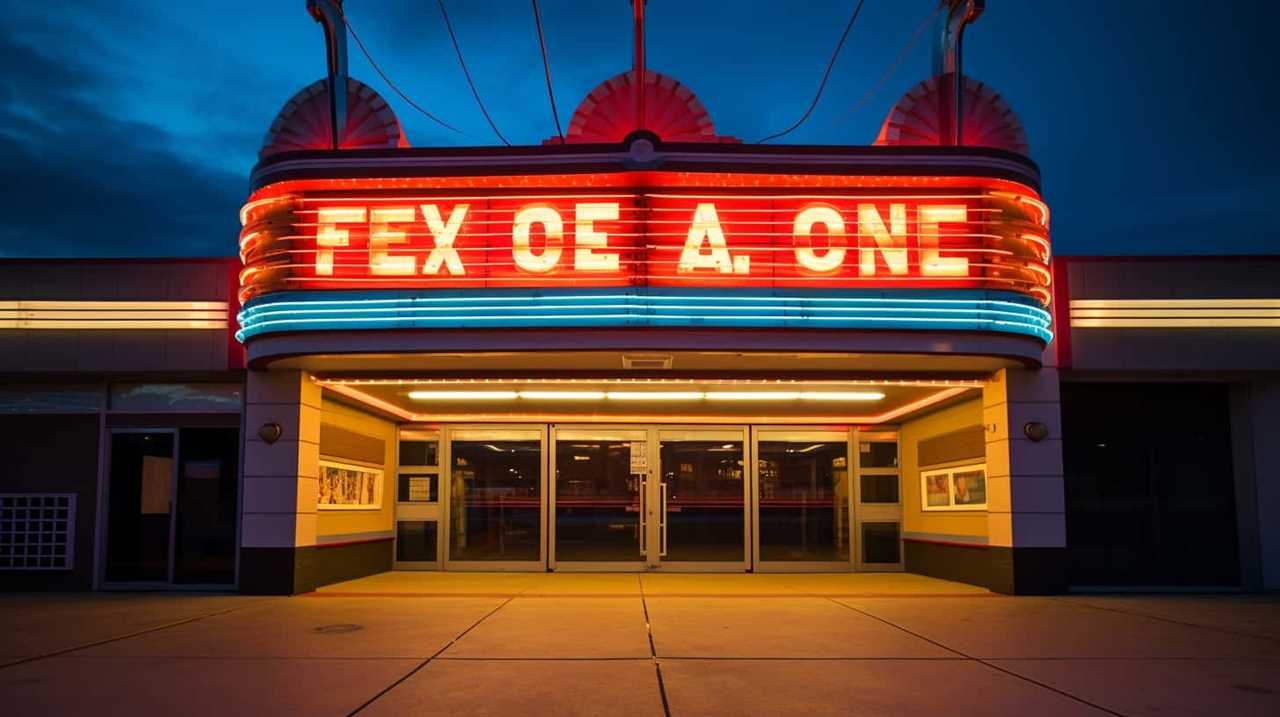
Are the Victory Quotes from Action Movies Also Used as Pre-Battle One-Liners?
“Yippee ki-yay!” and “I’ll be back” are top action movie oneliners that often find their way into real life as pre-battle one-liners. These memorable quotes from action movies have become iconic and are frequently used to pump up adrenaline before facing a challenge.
Are the Victory Quotes from Action Movies Included in the Quote Compilations?
Yes, the unforgettable action movie quotes compilation often includes victory quotes from popular action movies. These quotes capture the triumphant moments and inspiring speeches from protagonists that resonate with audiences. From “I’ll be back” to “Yippee-ki-yay, motherf***er,” these iconic lines are celebrated in quote compilations worldwide.
Conclusion
As the credits roll and the dust settles, these victory quotes linger in our minds like echoes of triumph. They’re the battle cries that define our action heroes, encapsulating their indomitable spirit and unwavering determination.
These words, spoken with grit and conviction, ignite a fire within us, reminding us that victory isn’t just attainable, but inevitable.
Like a symphony of adrenaline and courage, these quotes reverberate through our souls, forever etching themselves into the annals of cinematic greatness.
Lauren’s talent in writing is matched by her passion for storytelling. Her love for books and deep understanding of culture and entertainment add a distinct flavor to her work. As our media and press contact, Lauren skillfully bridges the gap between afterQuotes and the broader media landscape, bringing our message to a wider audience.
-

 Funerals Quotations3 months ago
Funerals Quotations3 months agoSoothing Hope Quotes for Funeral Reflections
-

 TV Shows Quotations2 months ago
TV Shows Quotations2 months agoTop 4 Unforgettable TV Drama Monologues
-

 Movies Quotations4 weeks ago
Movies Quotations4 weeks agoUnforgettable Cult Movie Quotes: A Compiled List
-

 Education and Knowledge1 week ago
Education and Knowledge1 week agoUnlock Success with the Best Study Motivation Quotes
-

 Travel and Exploration Quotations3 weeks ago
Travel and Exploration Quotations3 weeks agoWisdom on Waves: Notable Maritime Explorer Quotations
-

 Education and Knowledge1 week ago
Education and Knowledge1 week agoBest Study Quotes: Unlock Student Potential!
-

 Military Quotations2 months ago
Military Quotations2 months agoInspiring Military Quotations for Strength & Honor
-

 Travel and Exploration Quotations3 weeks ago
Travel and Exploration Quotations3 weeks agoWhy Travel Teaches Unforgettable Life Wisdom?
